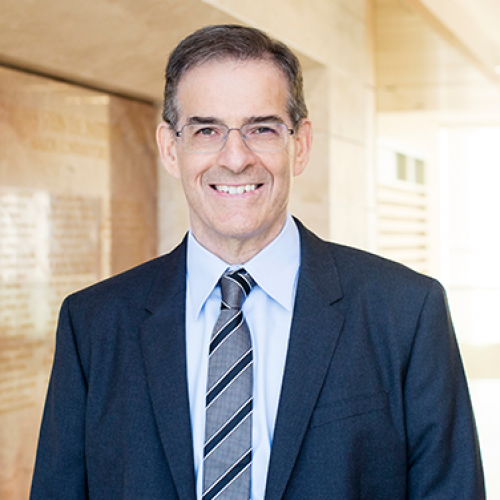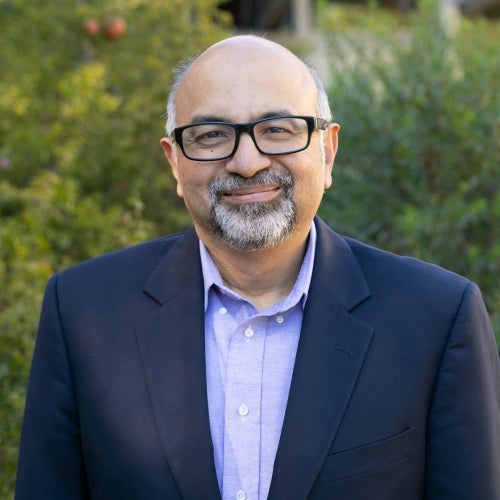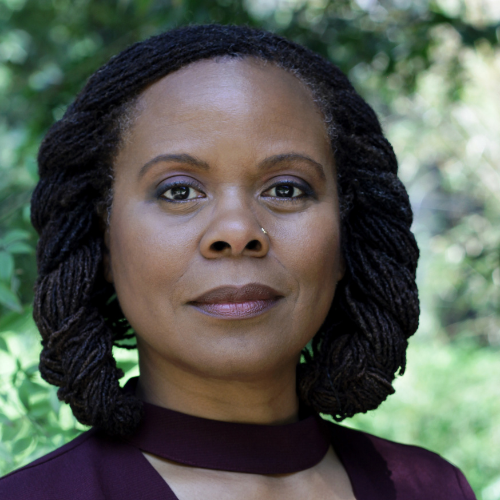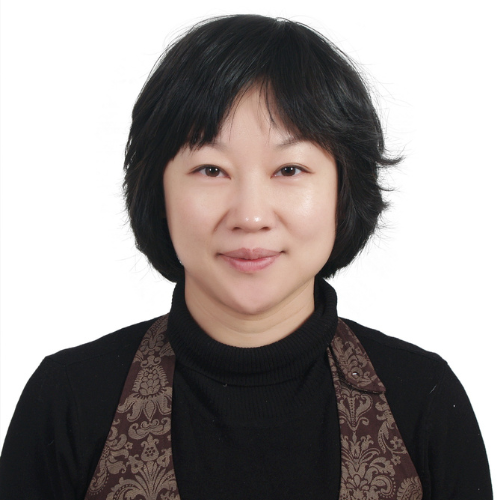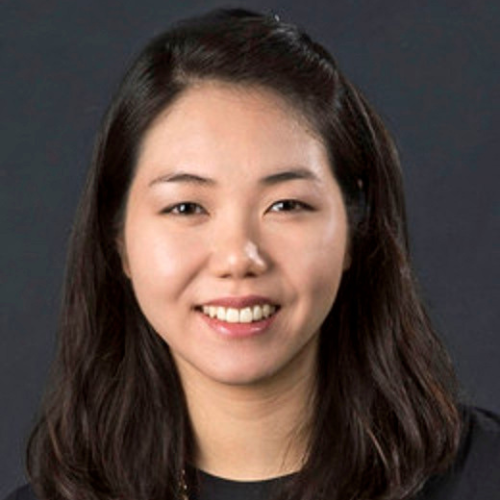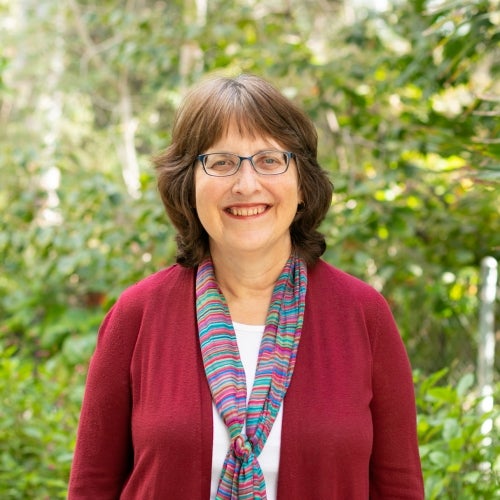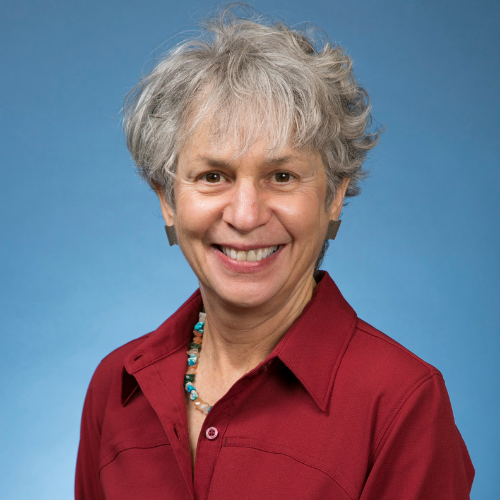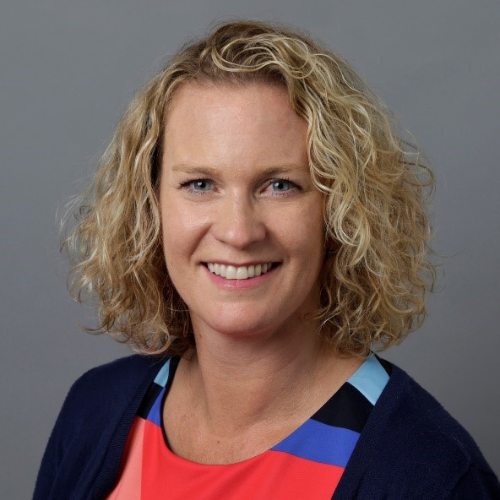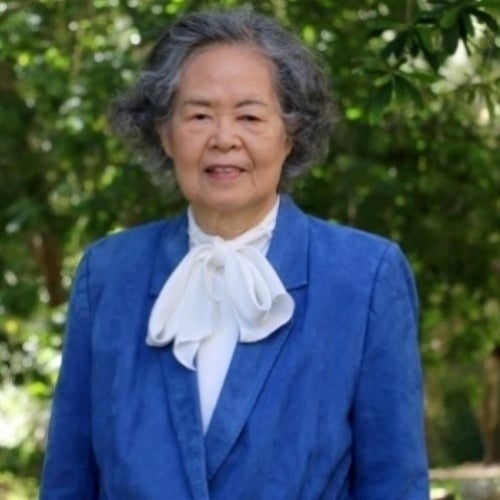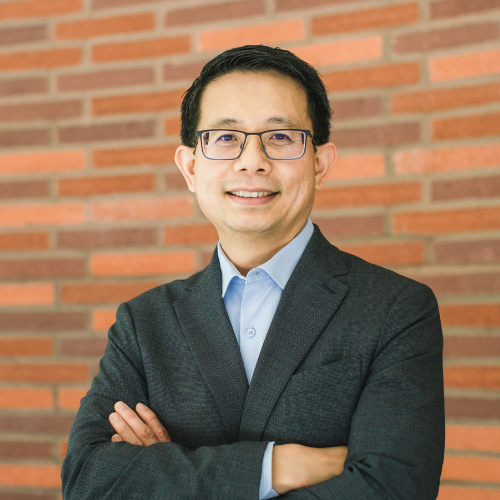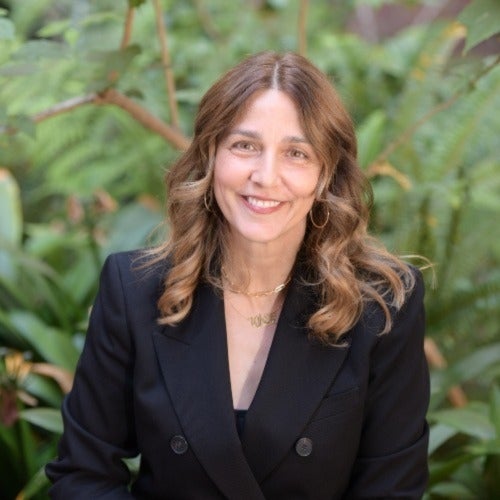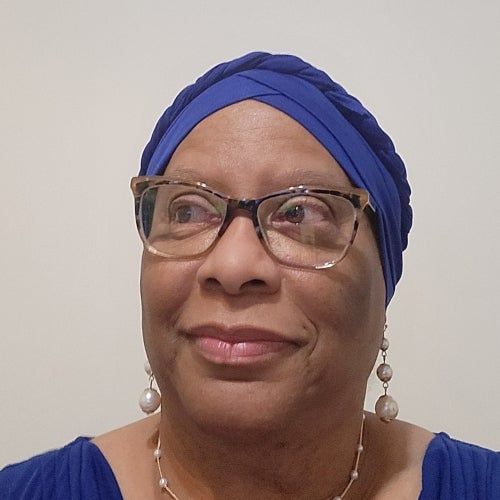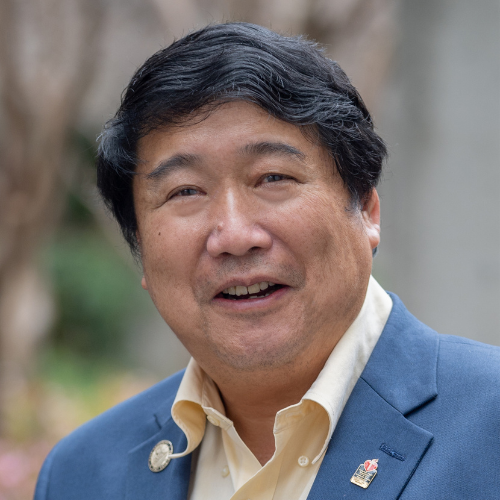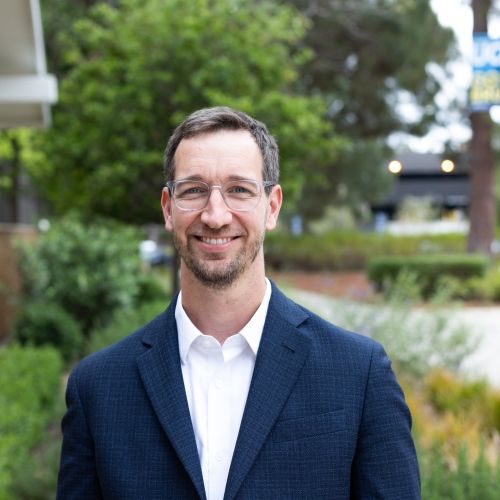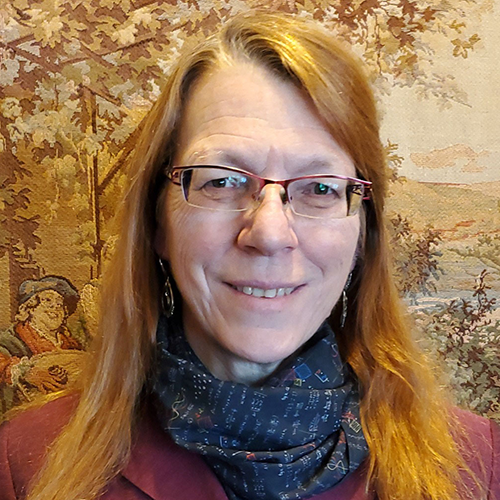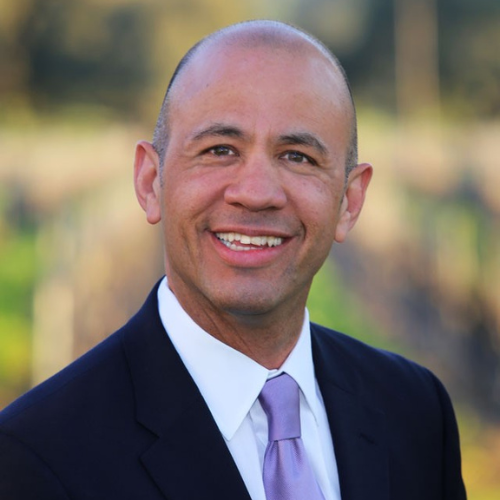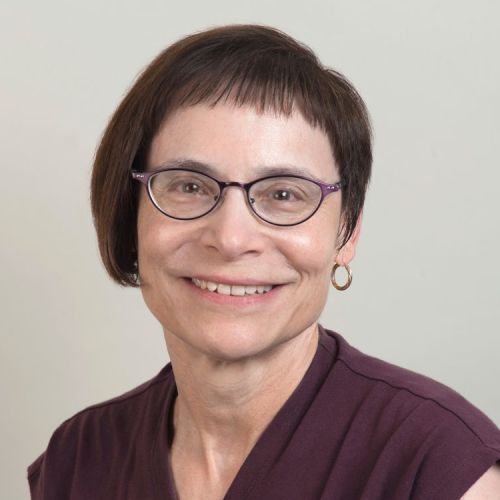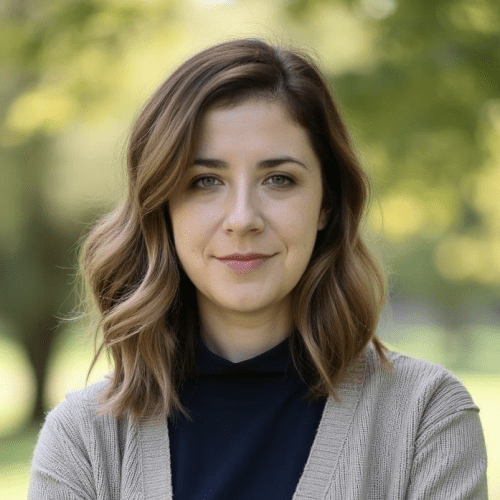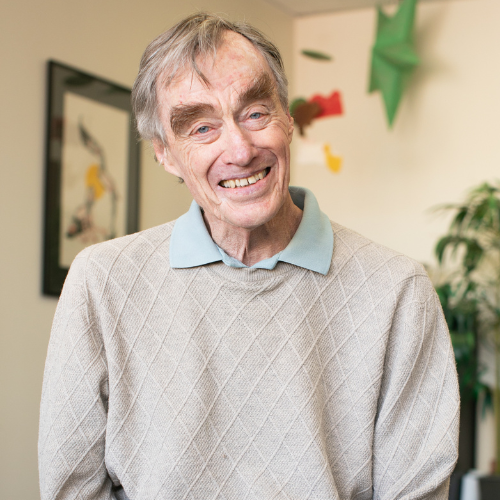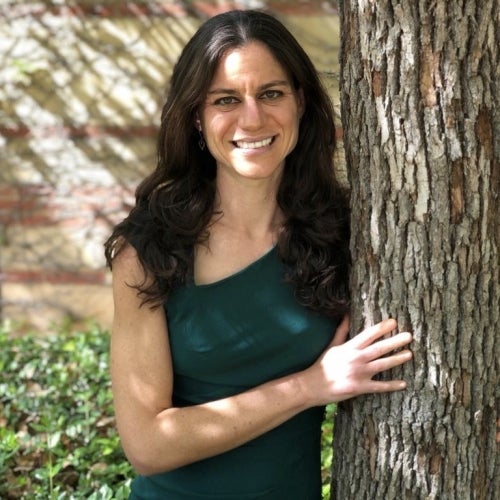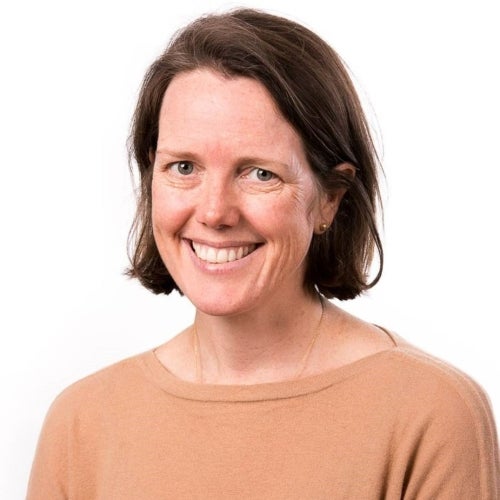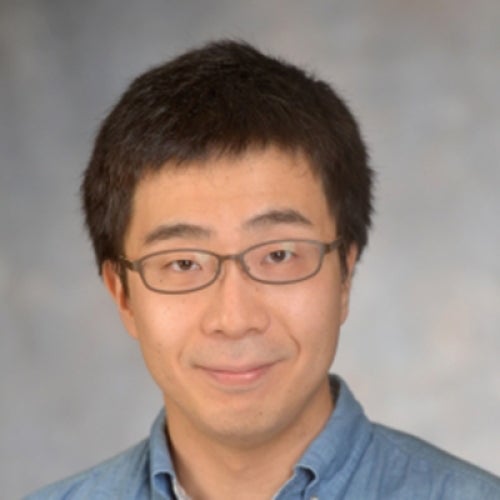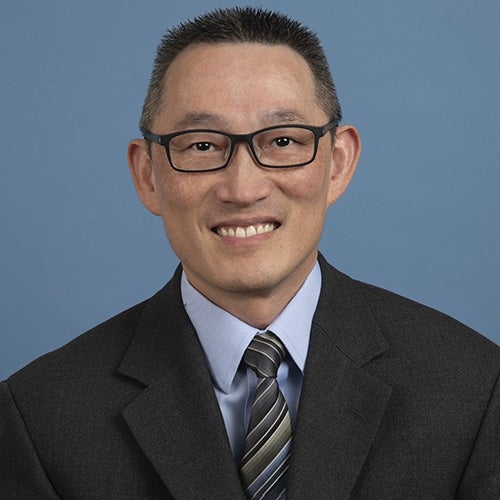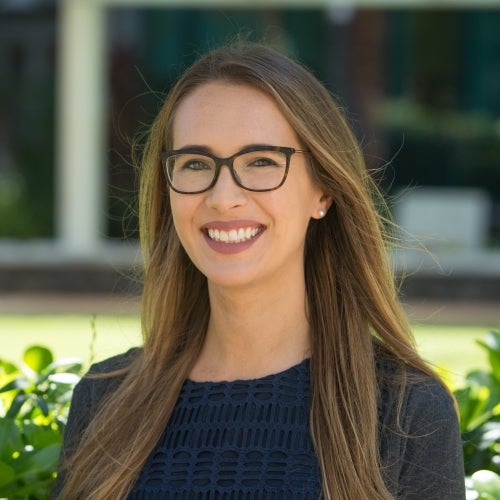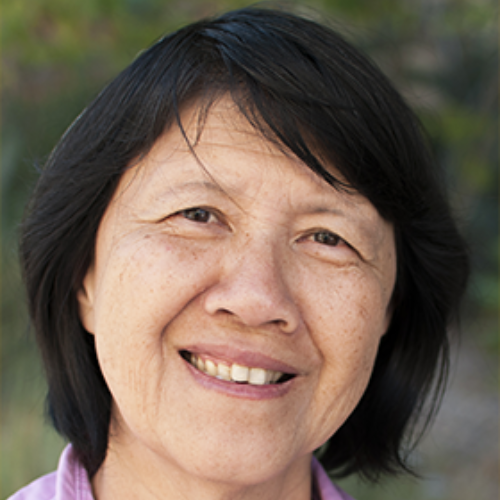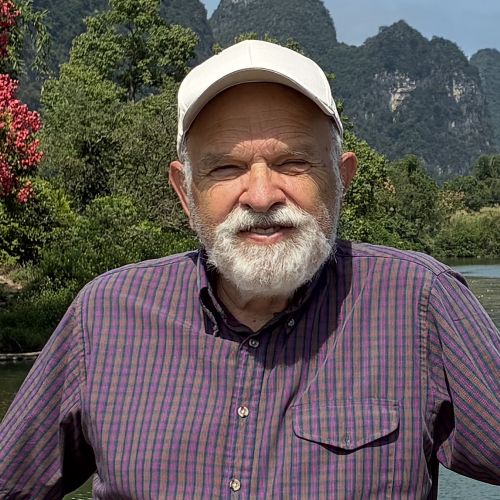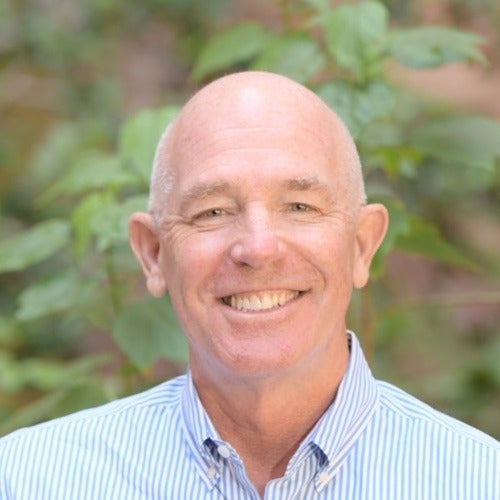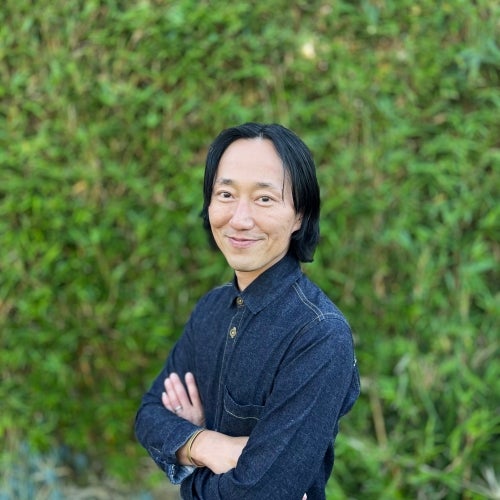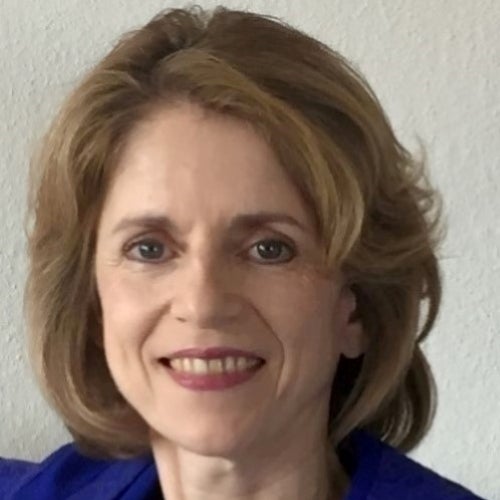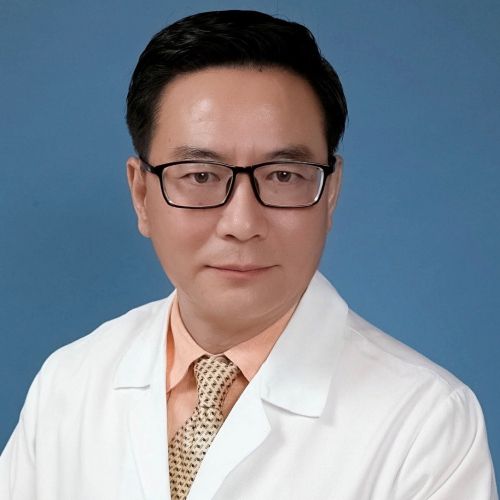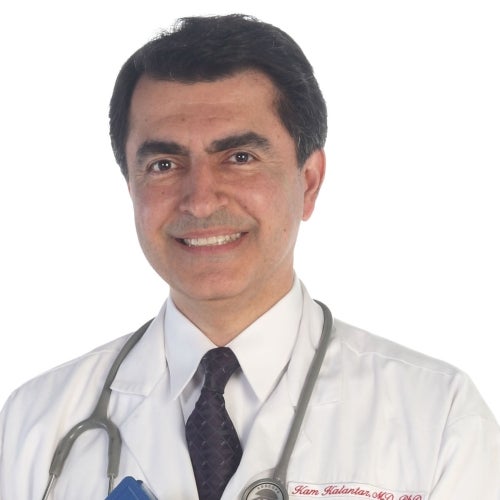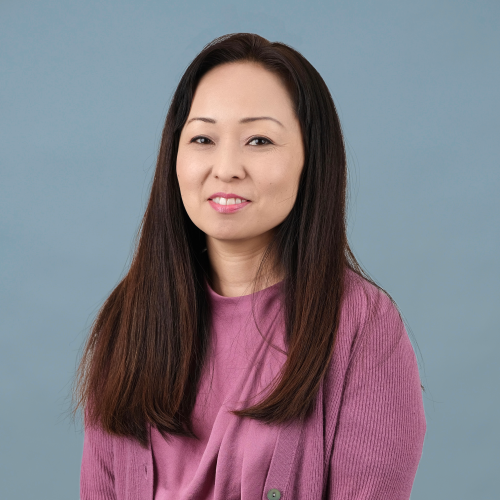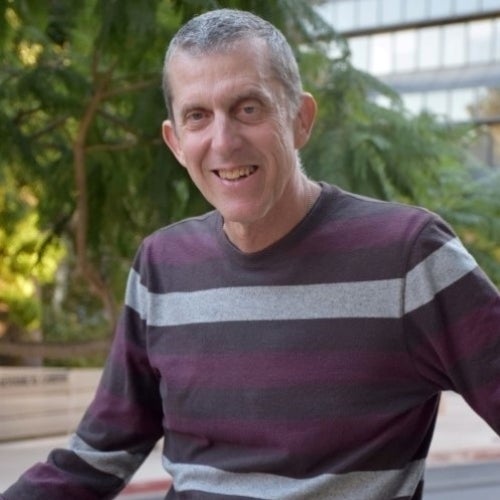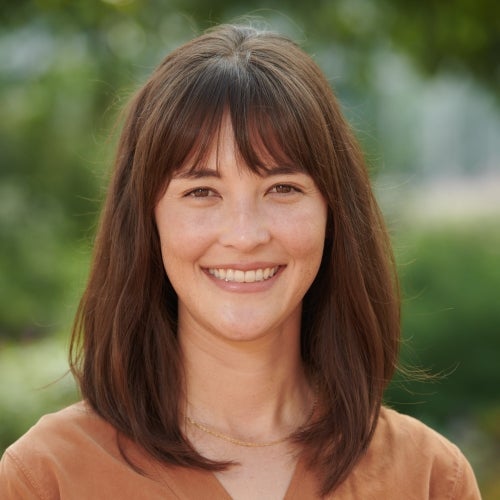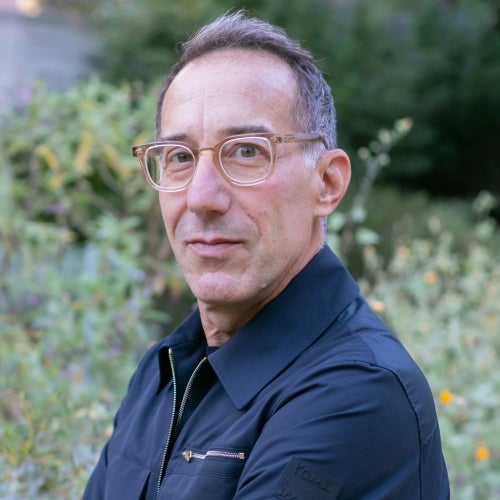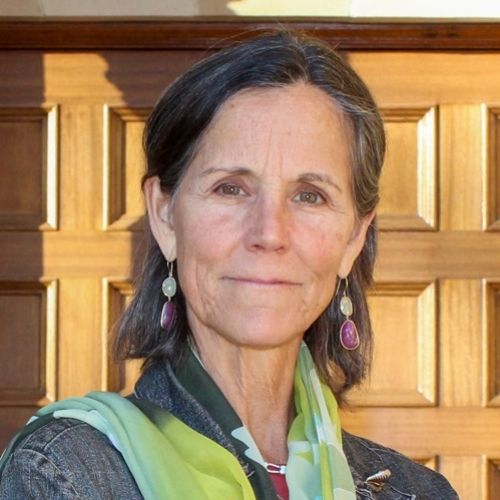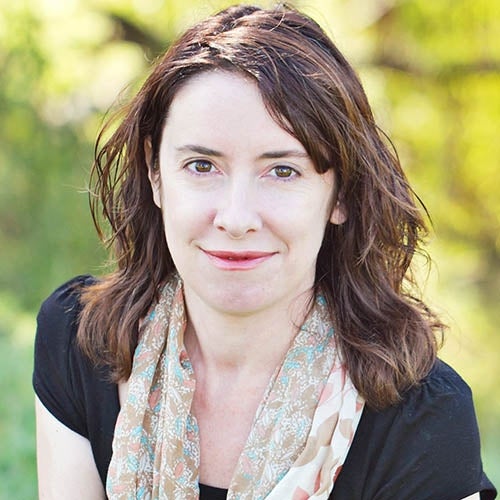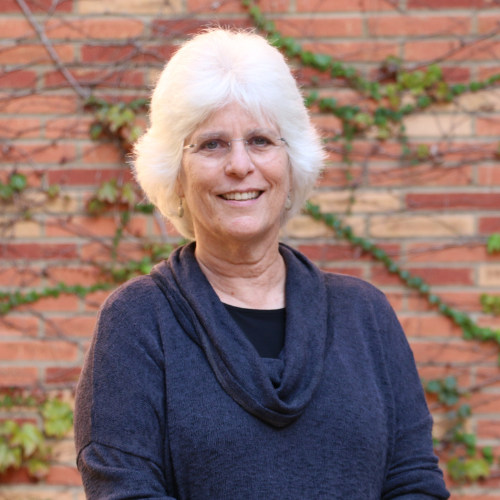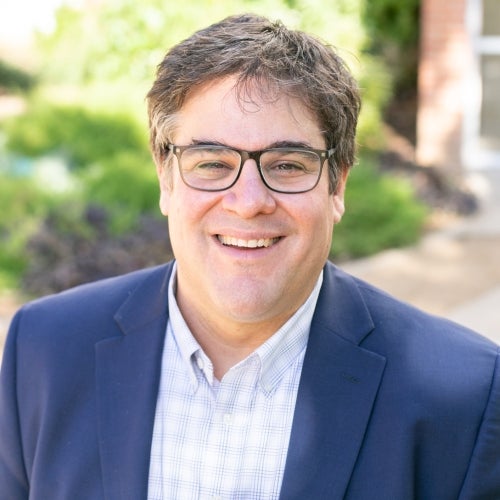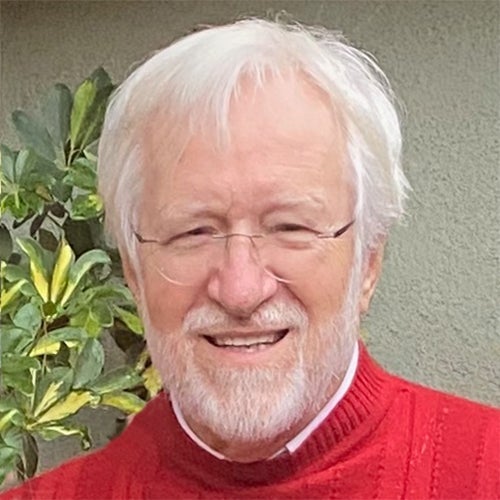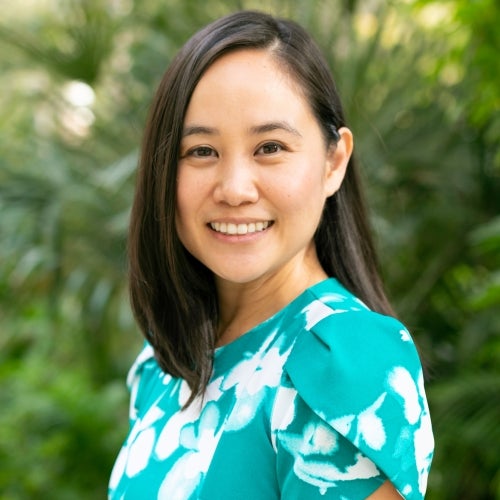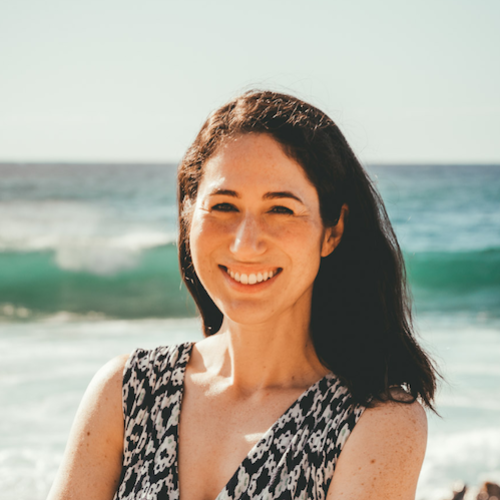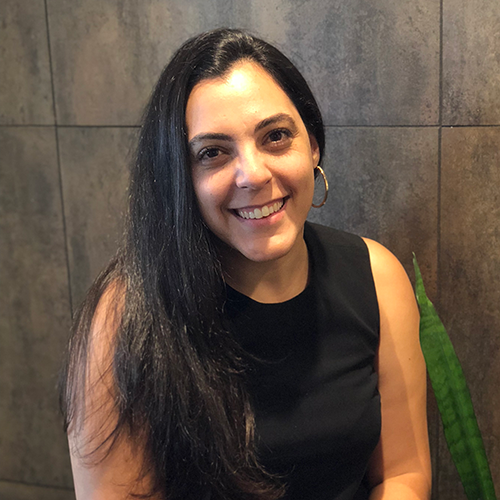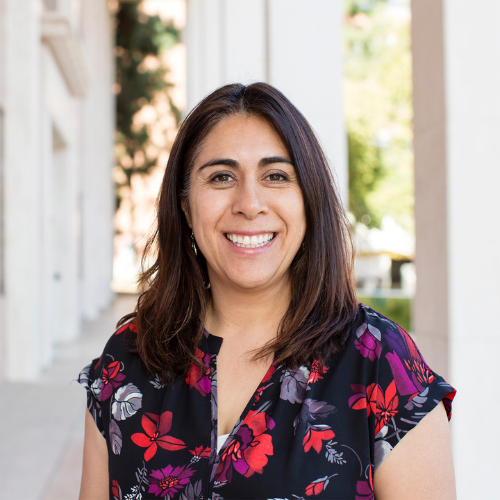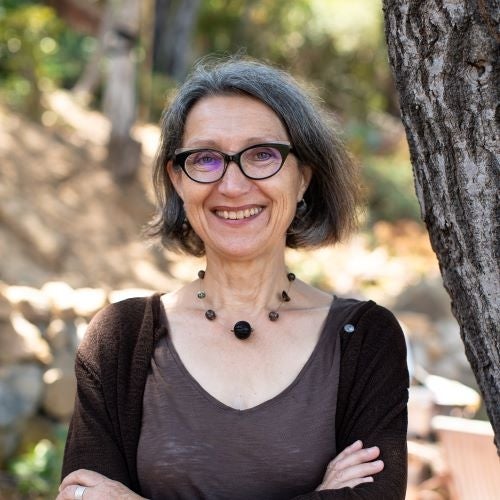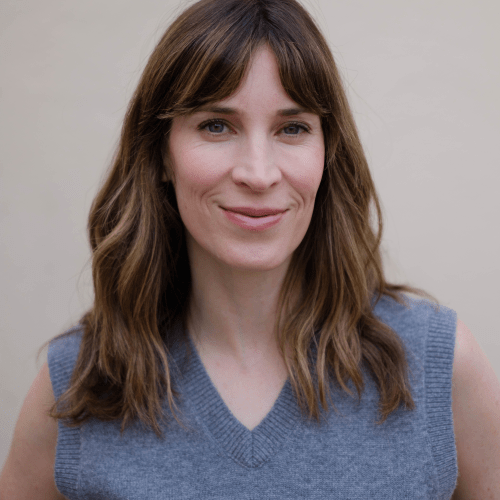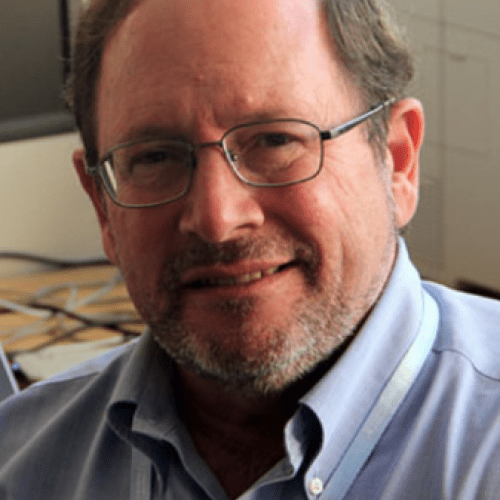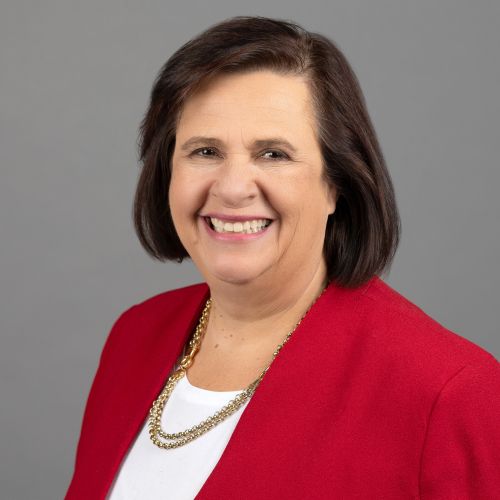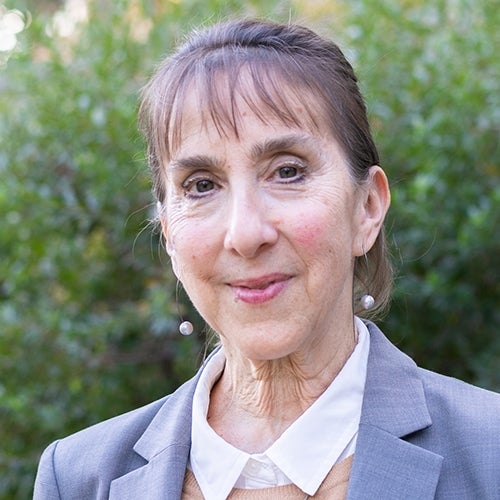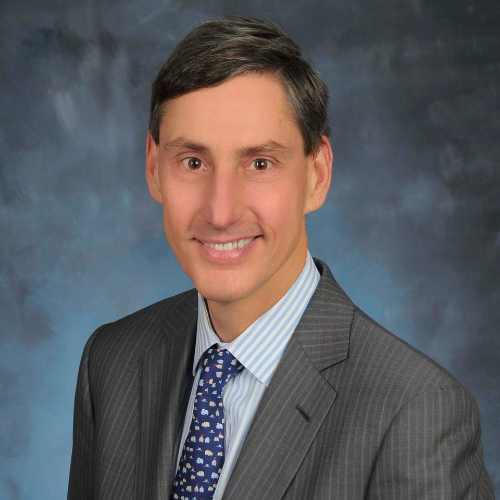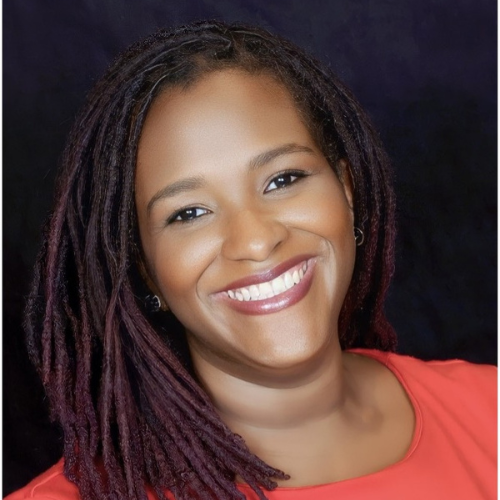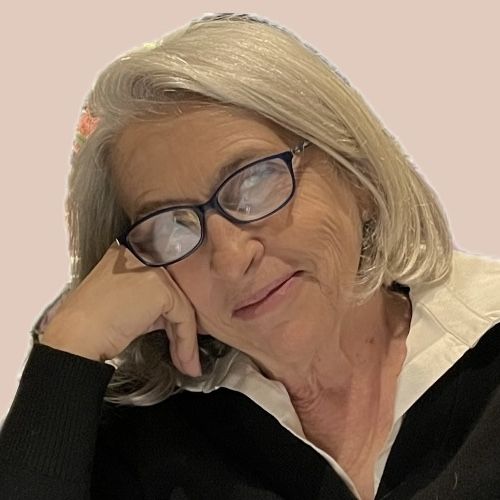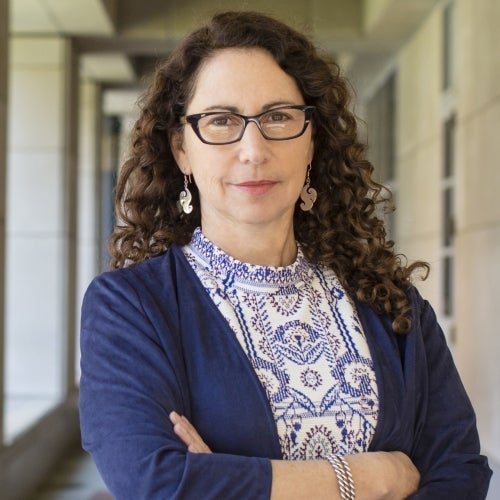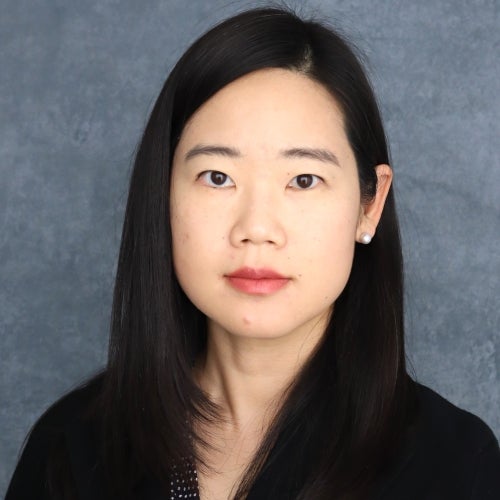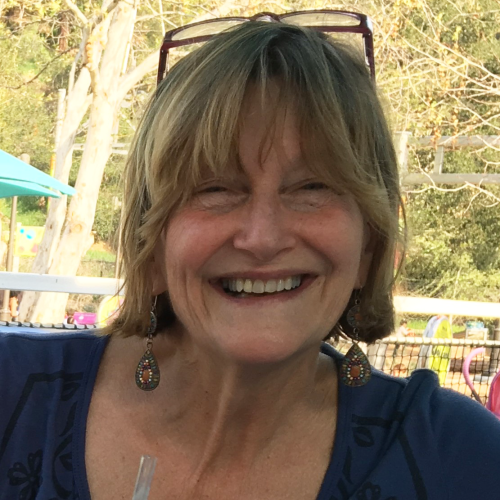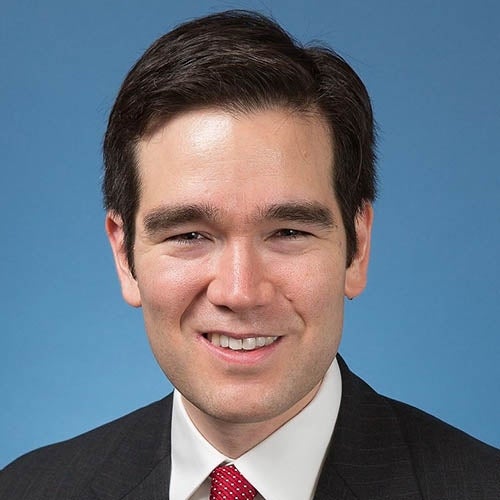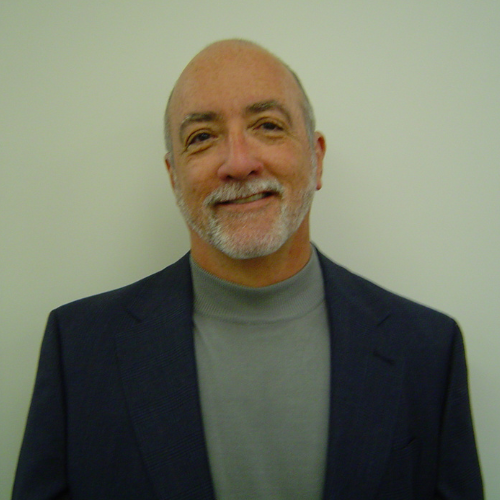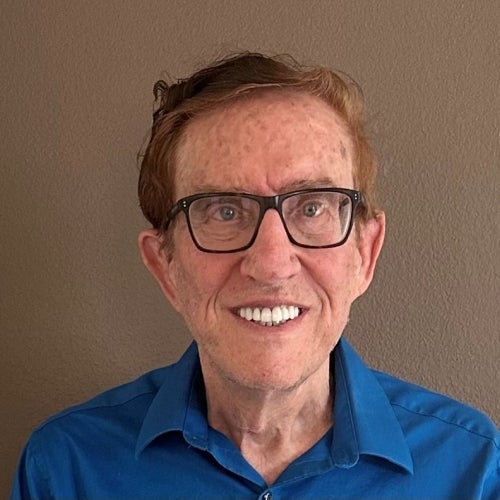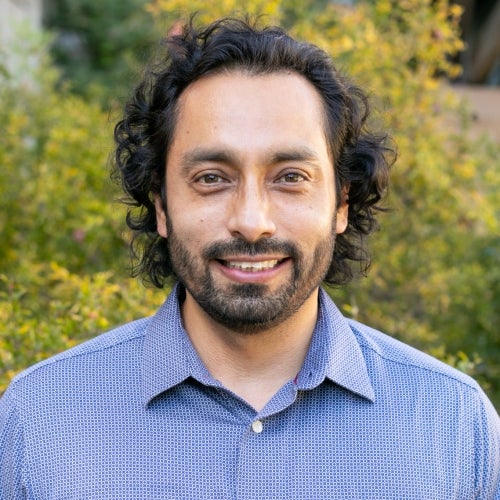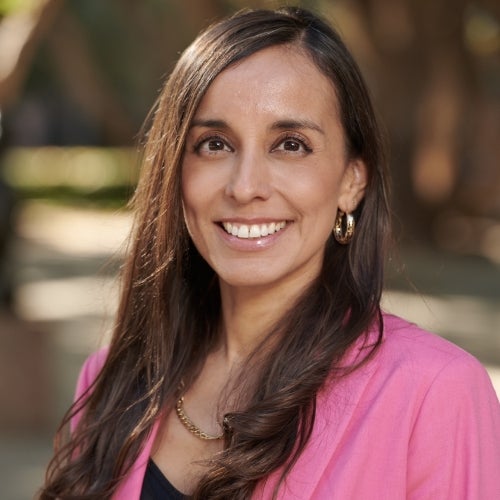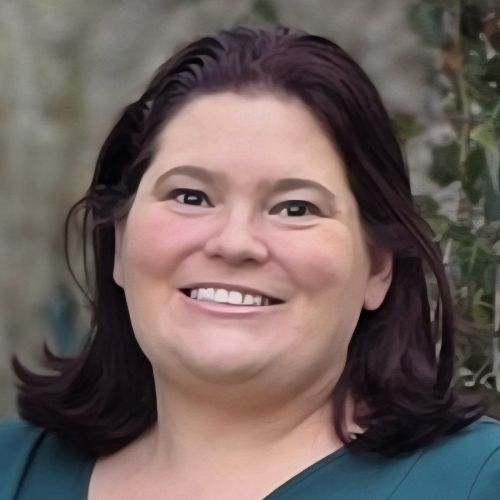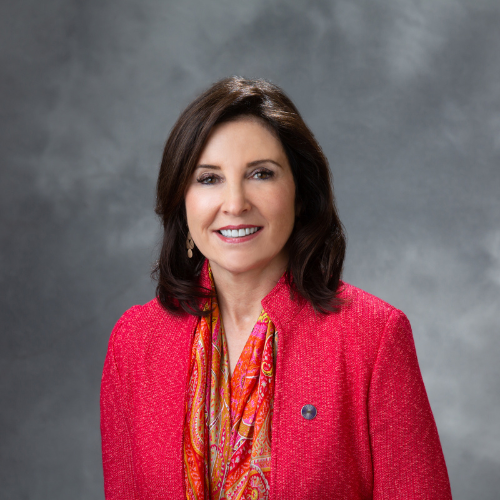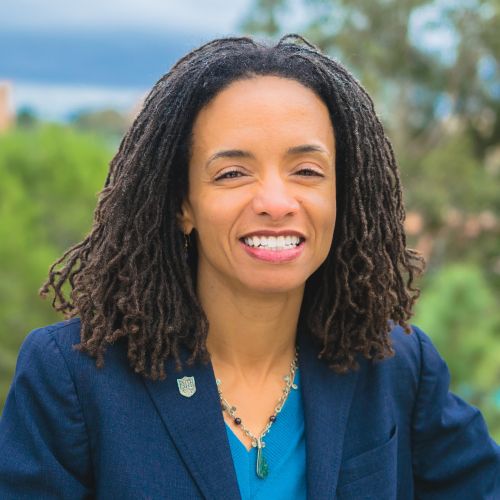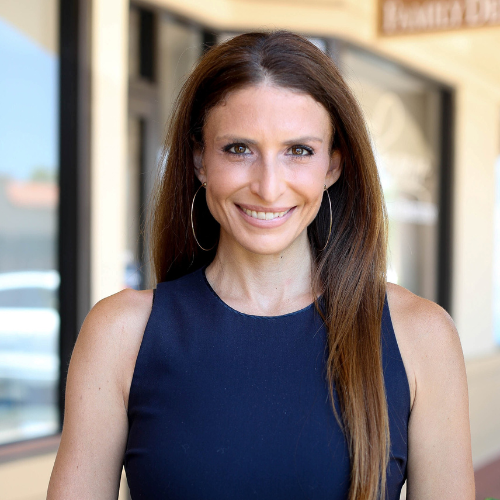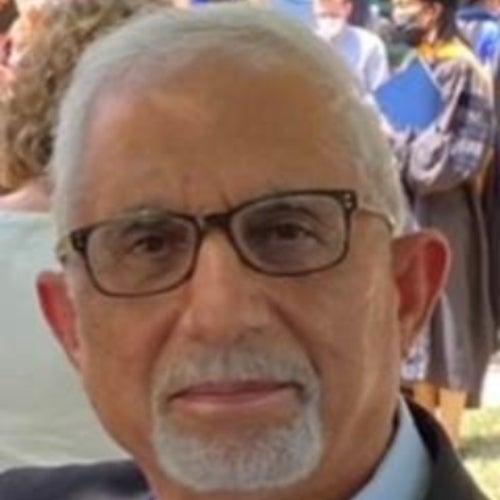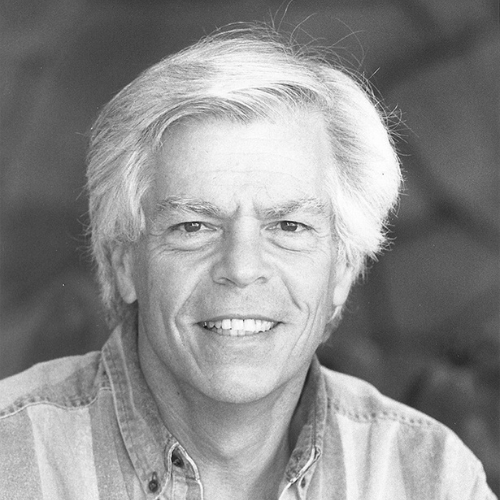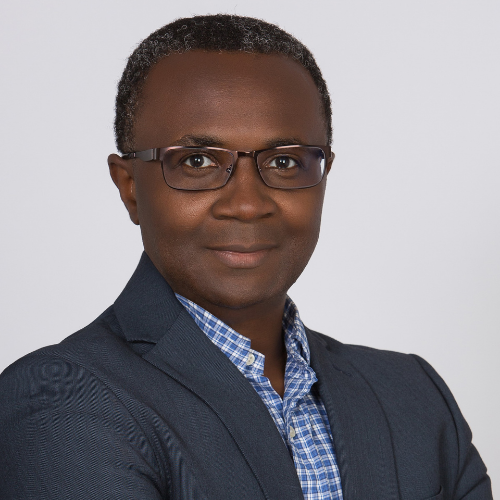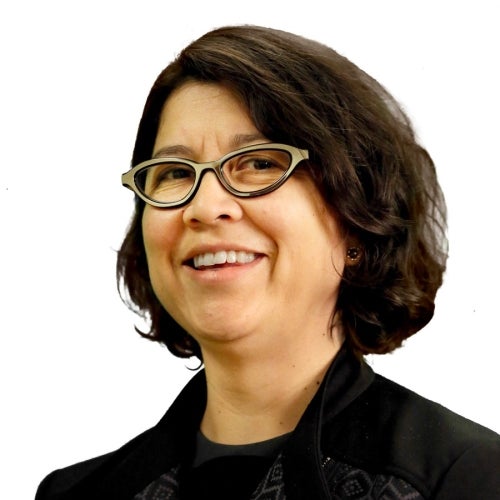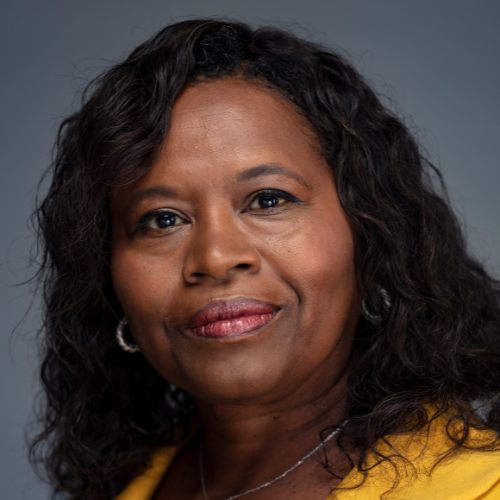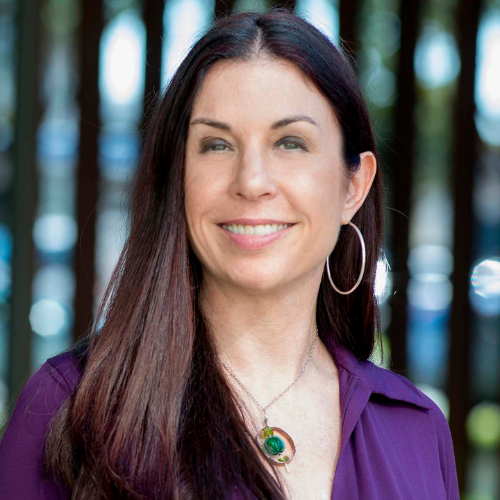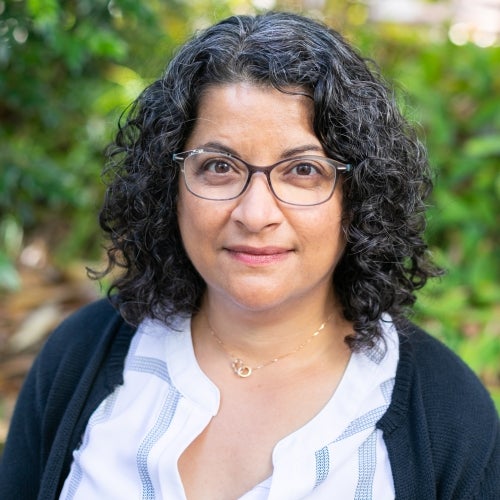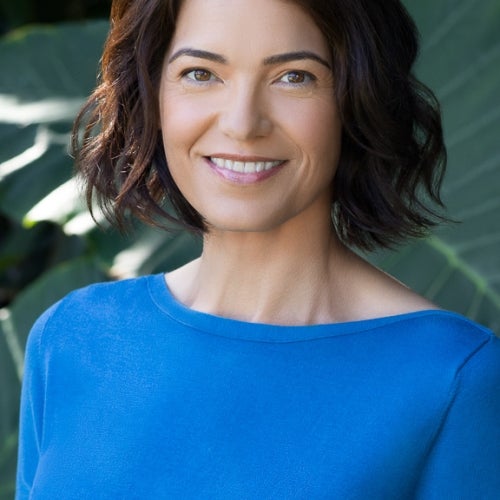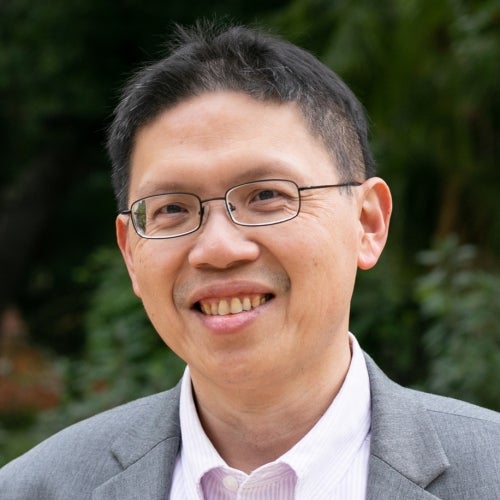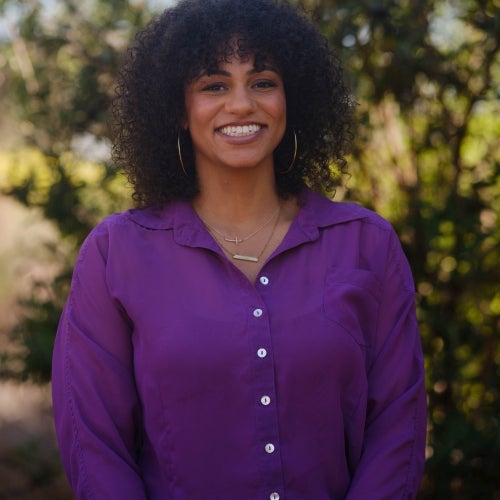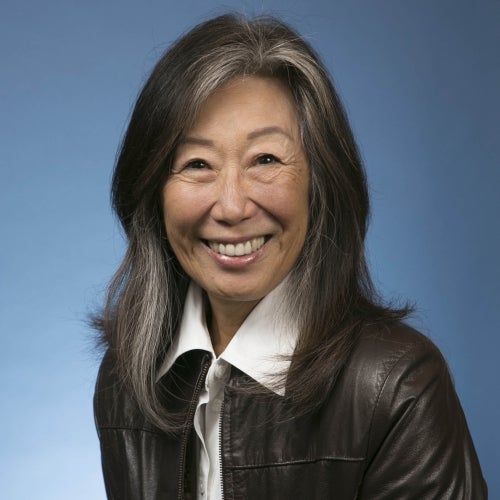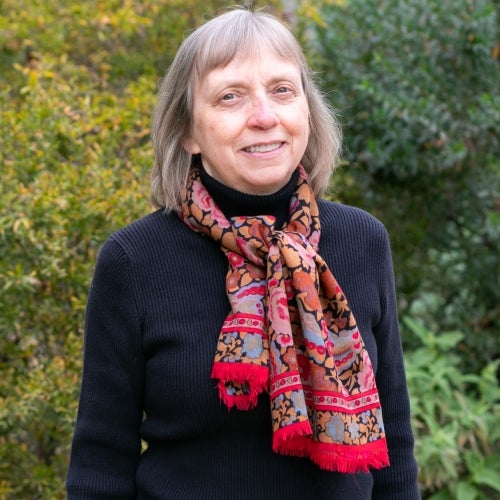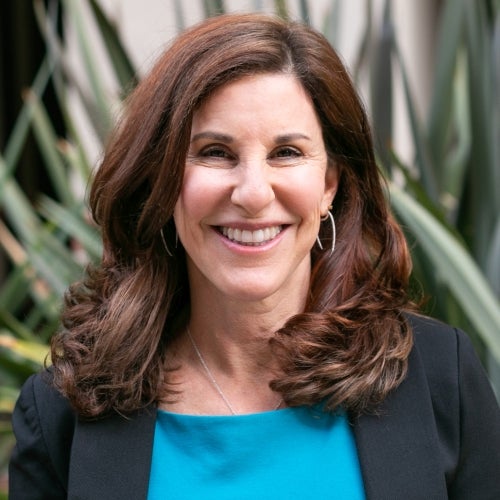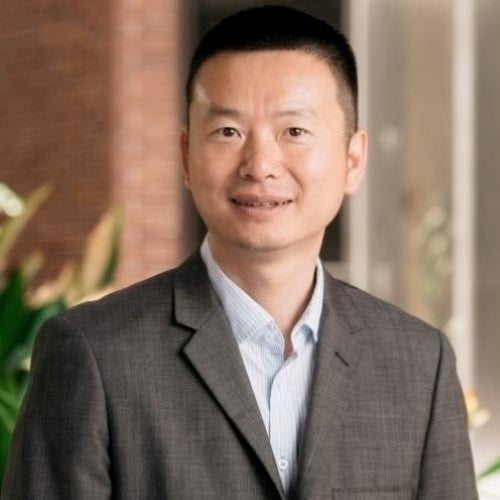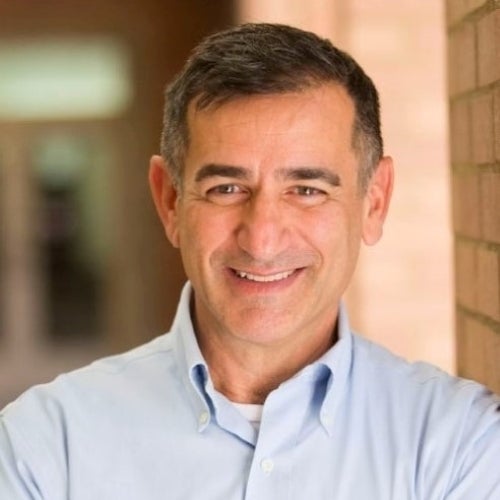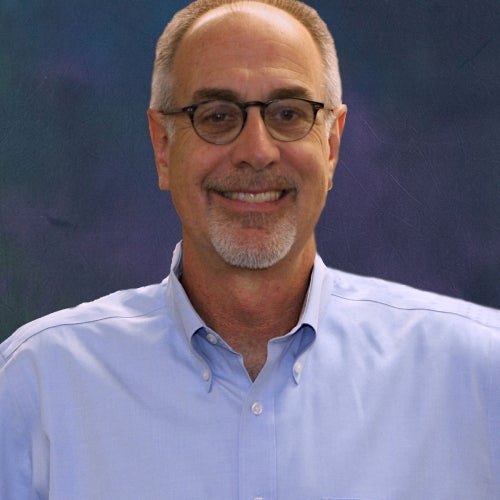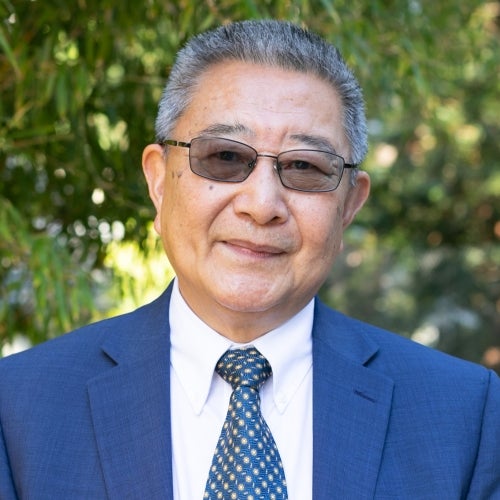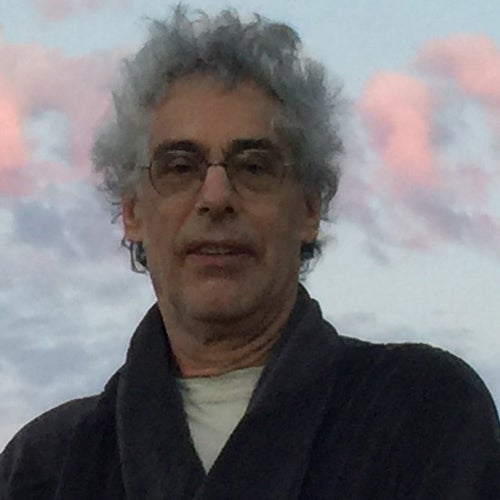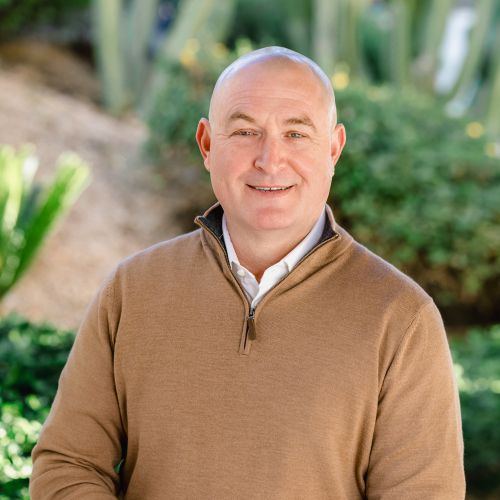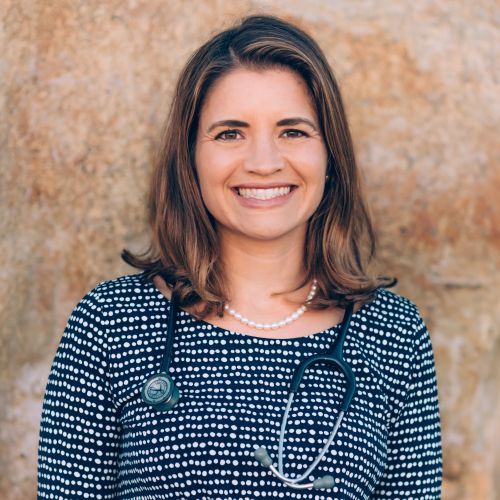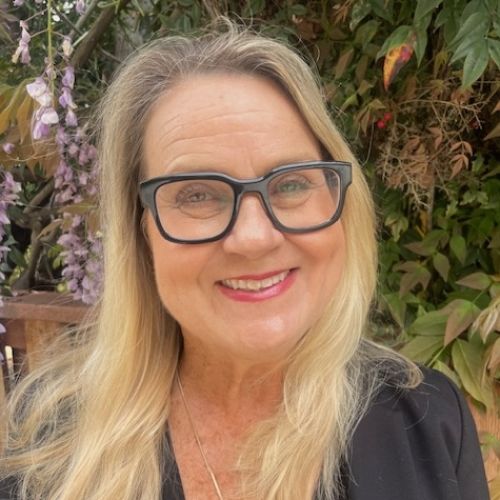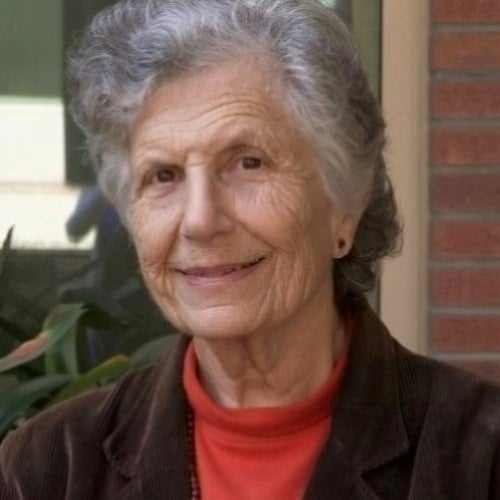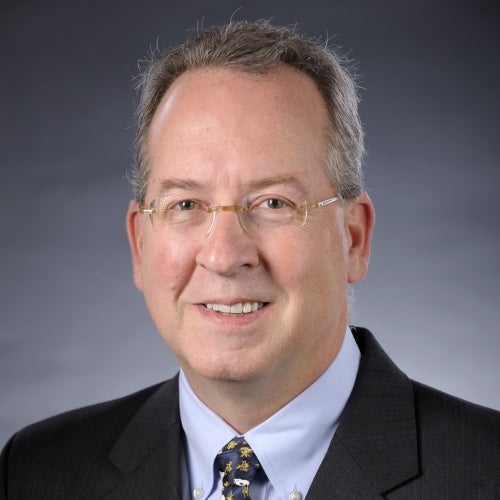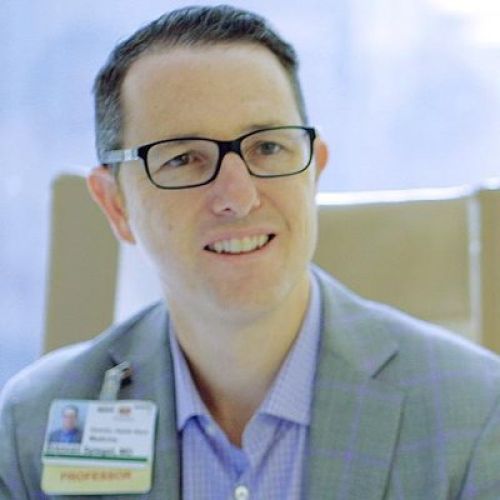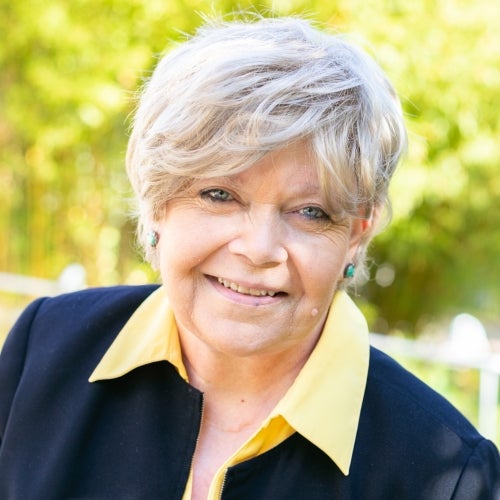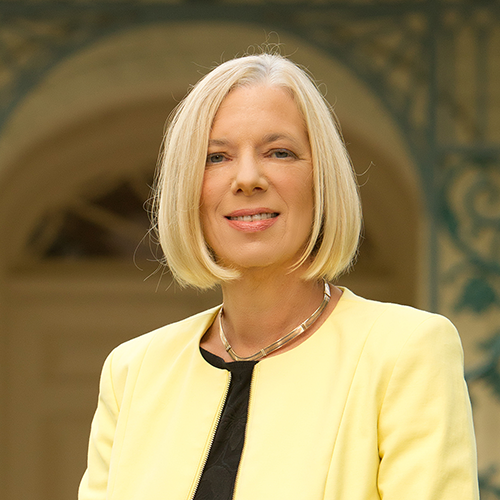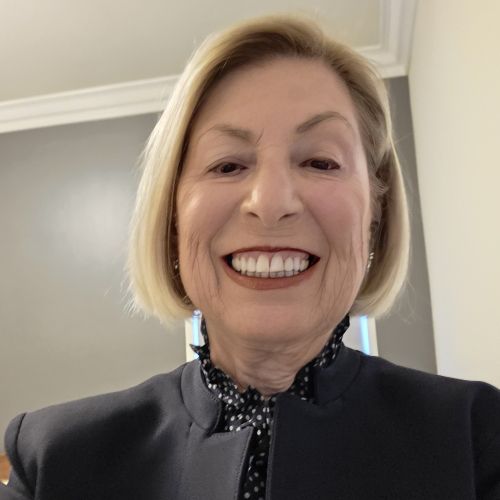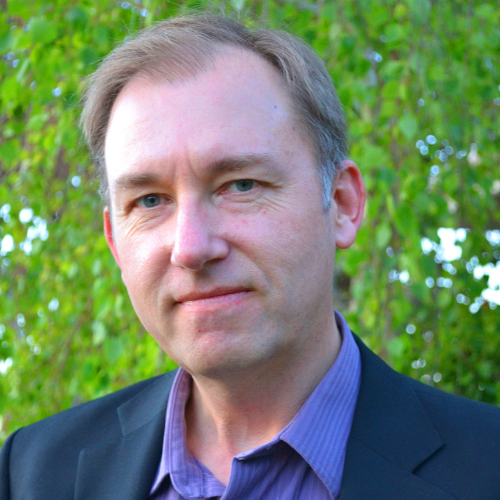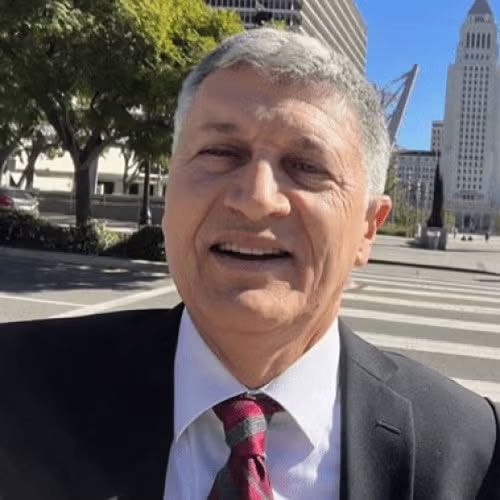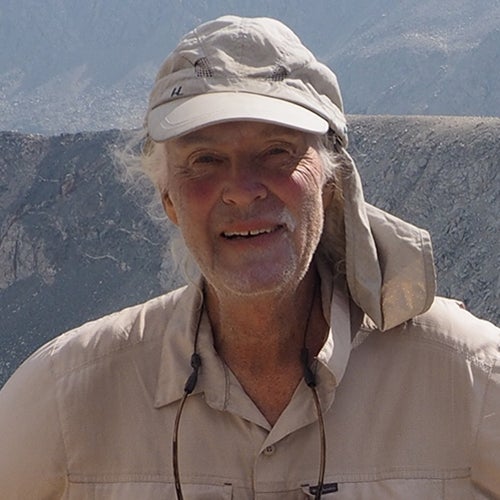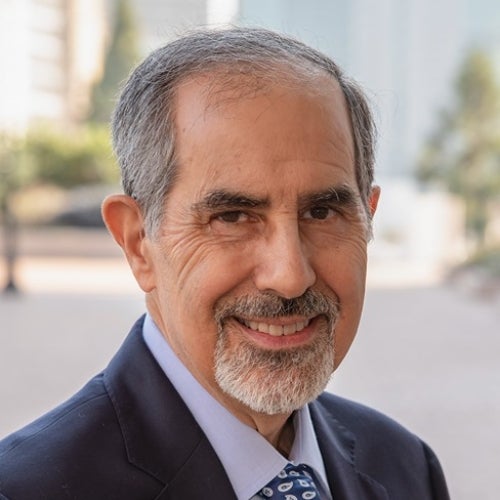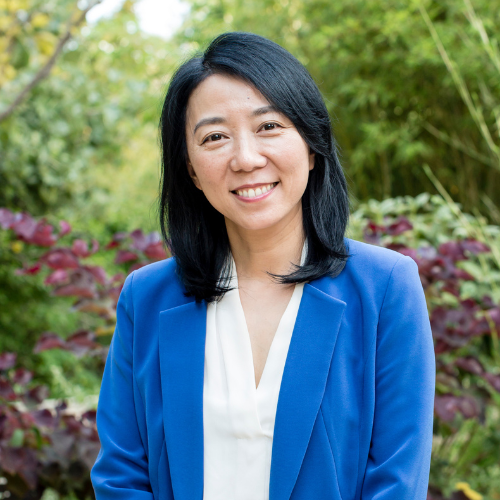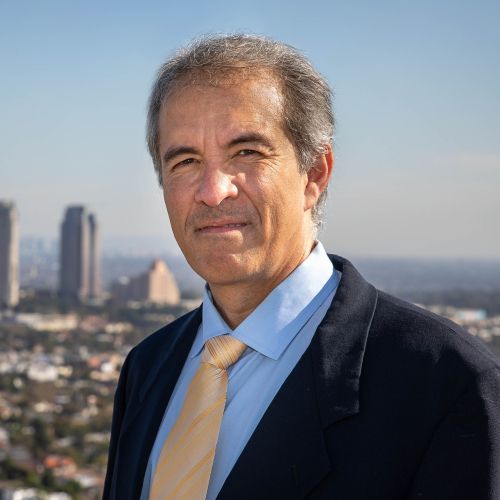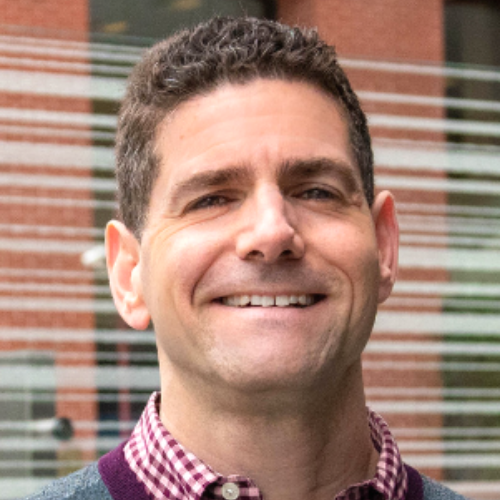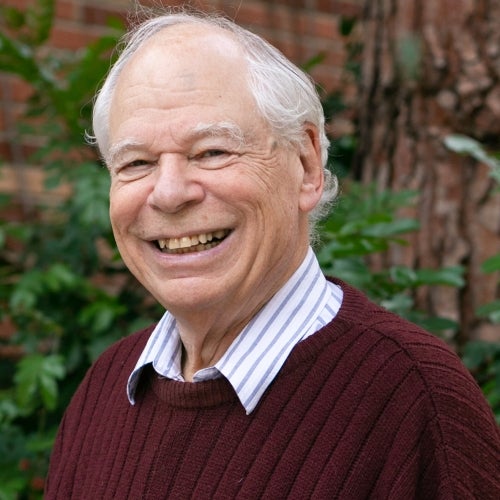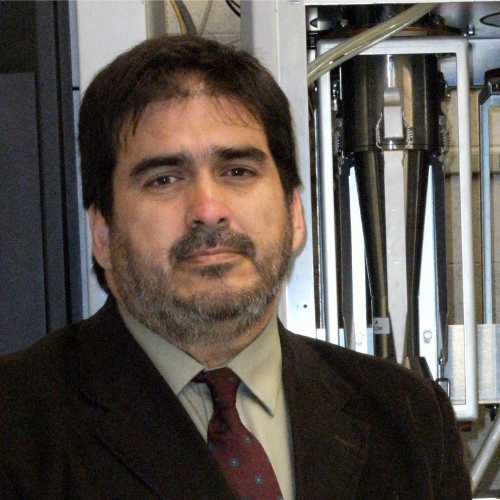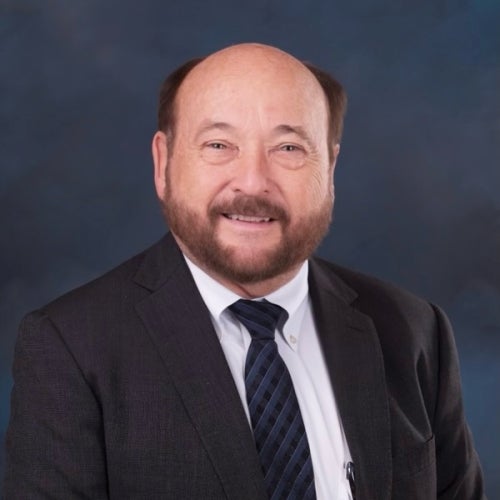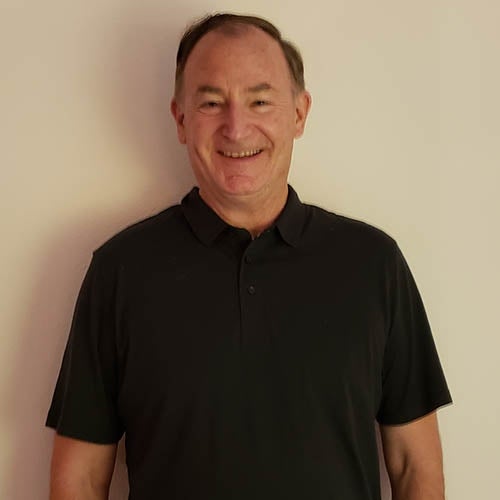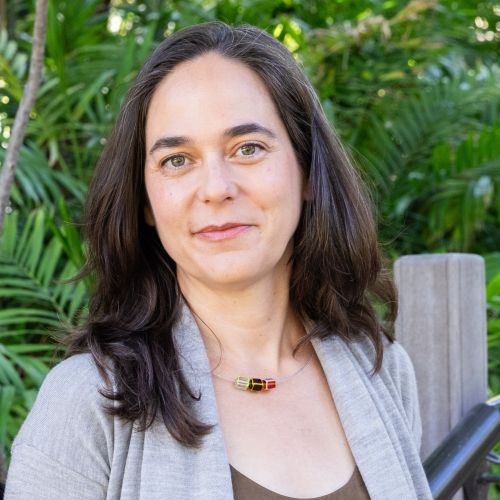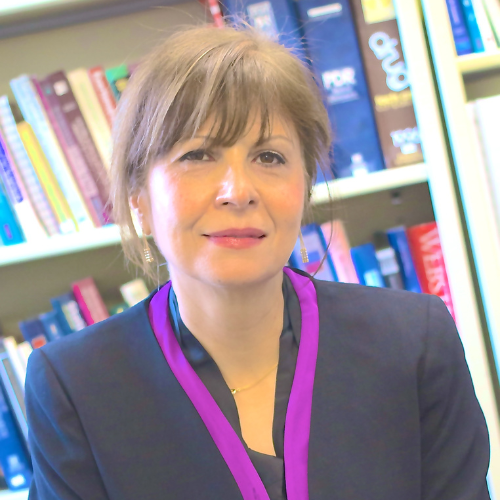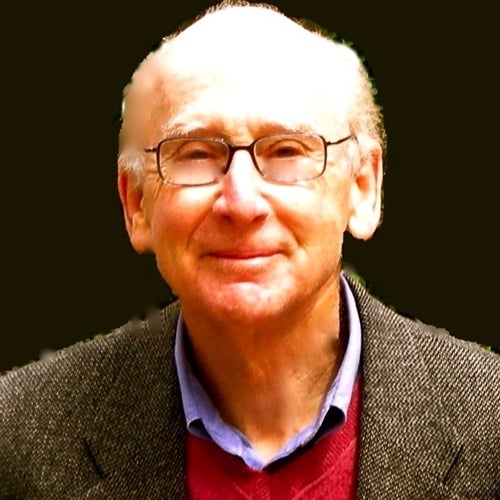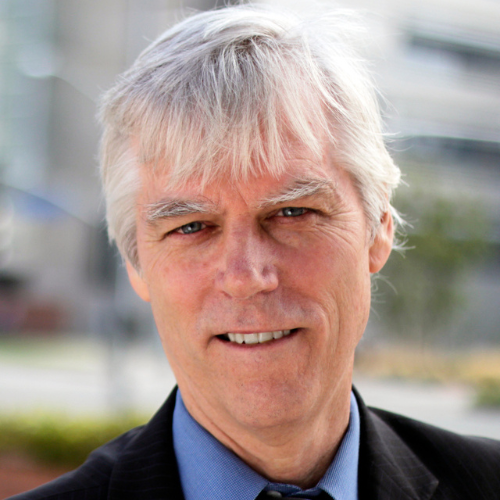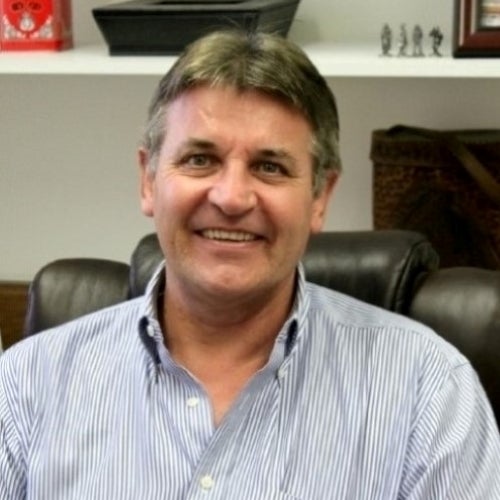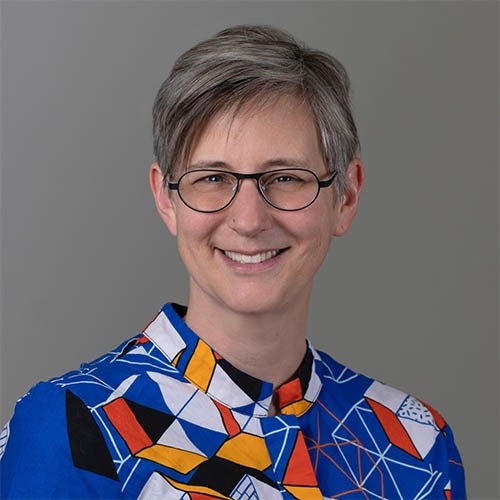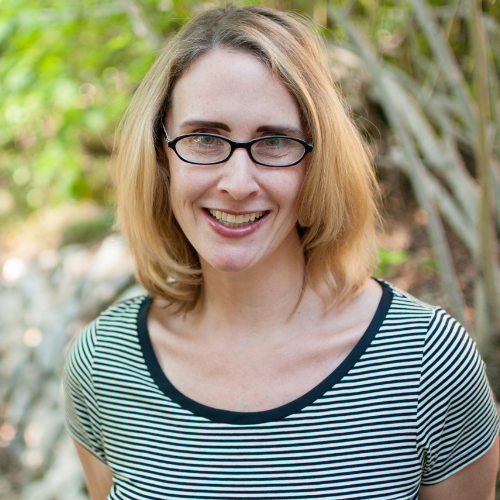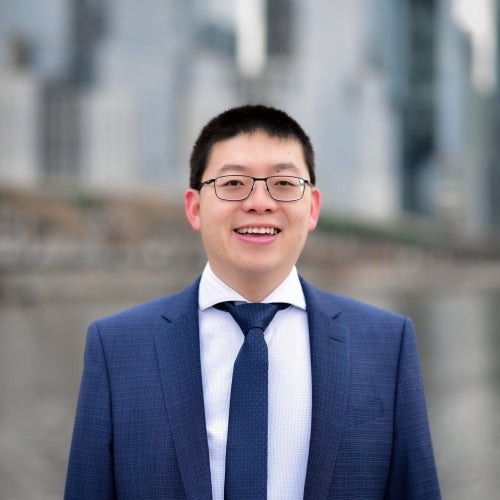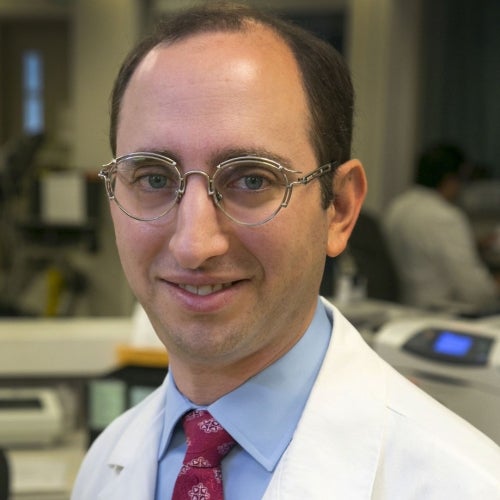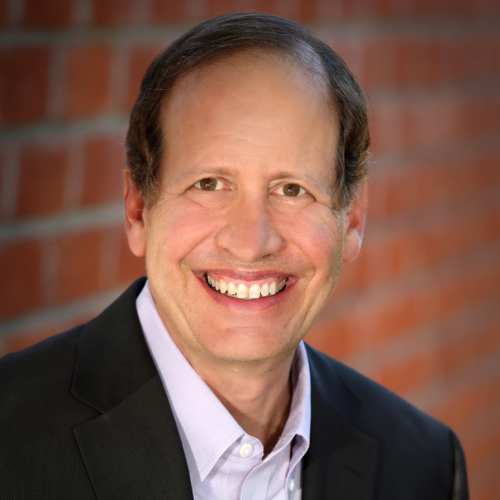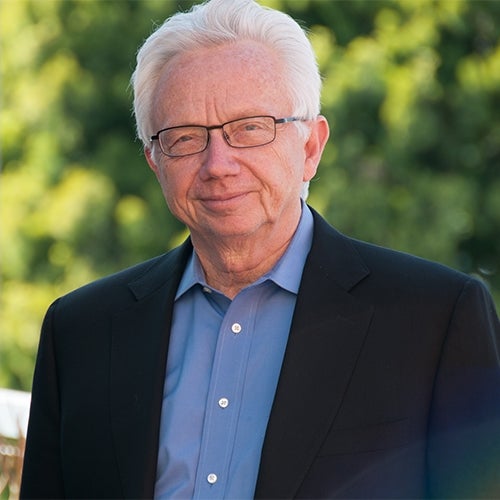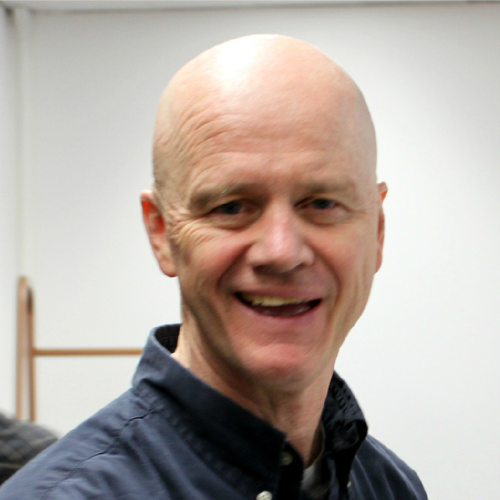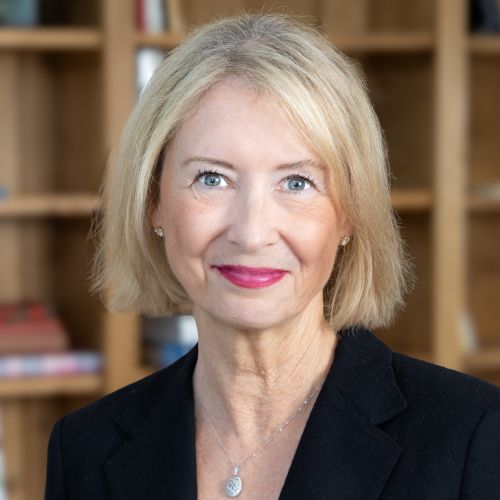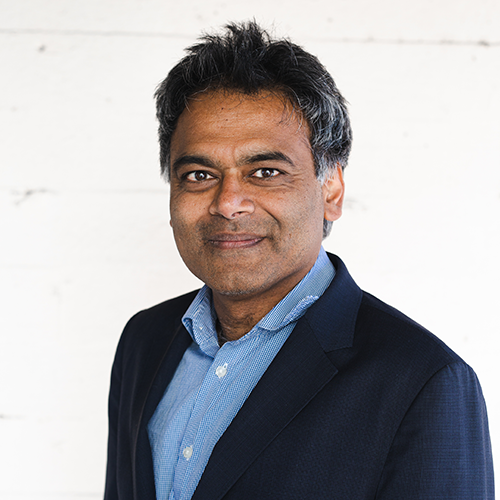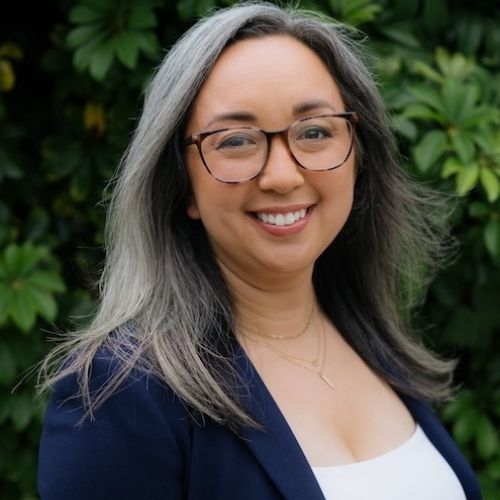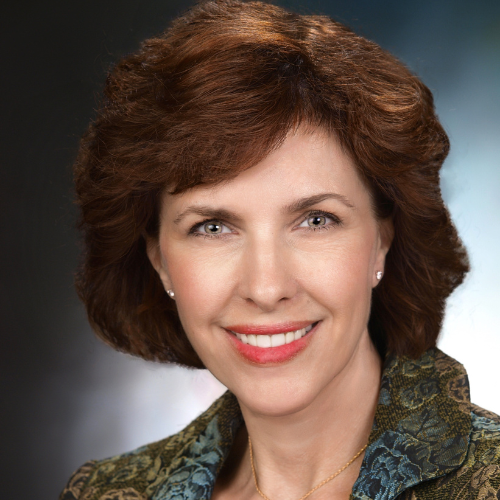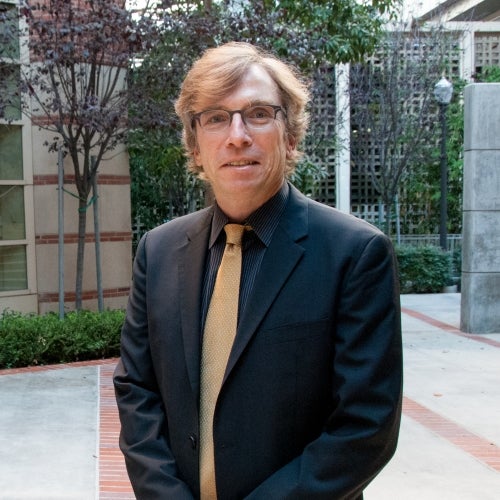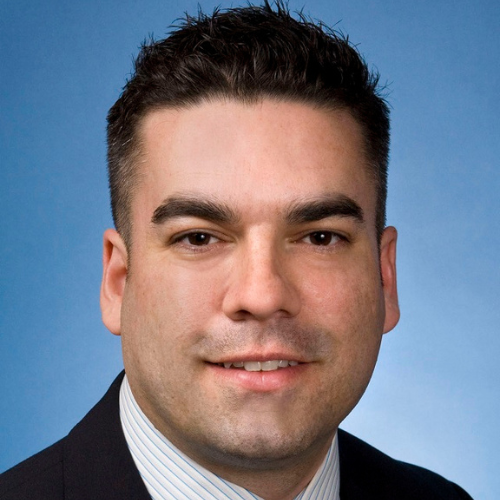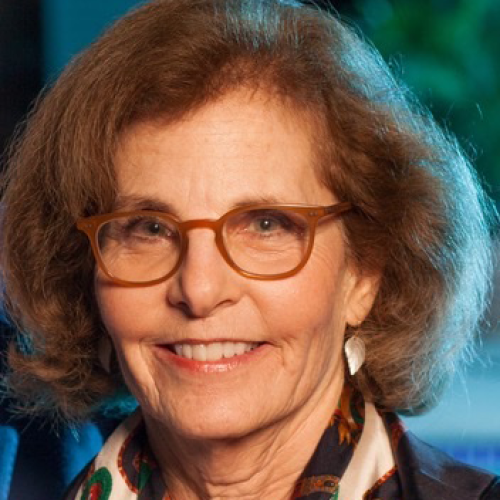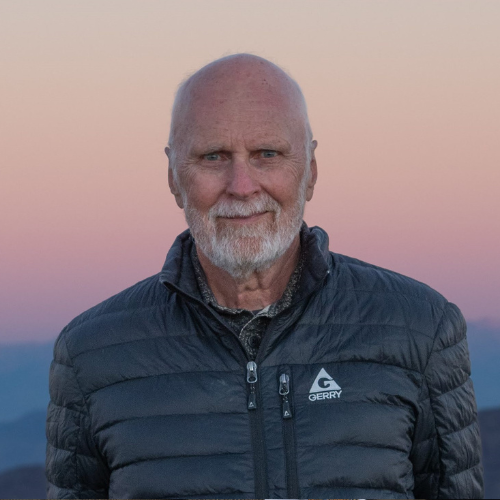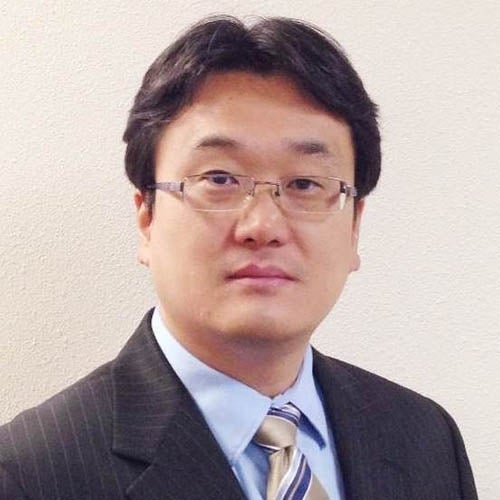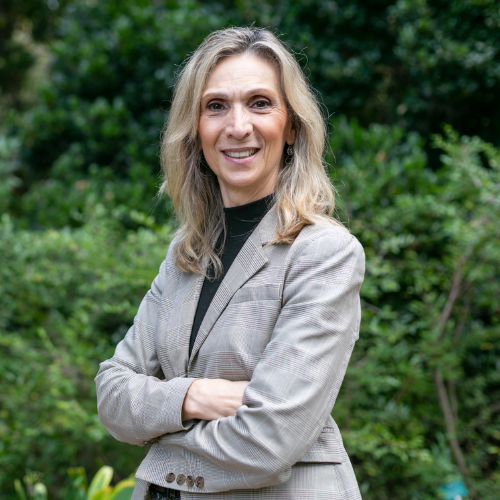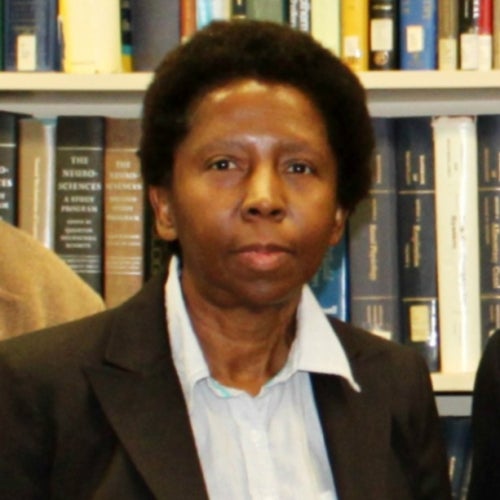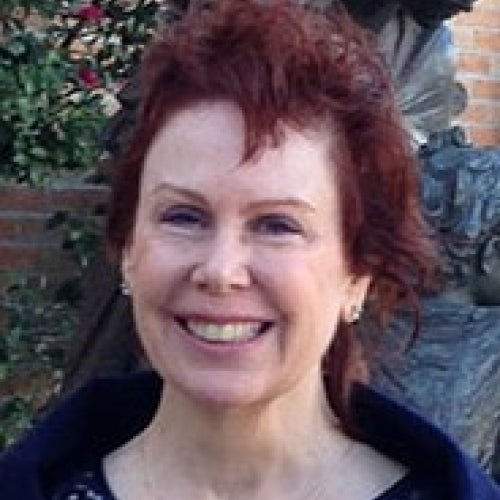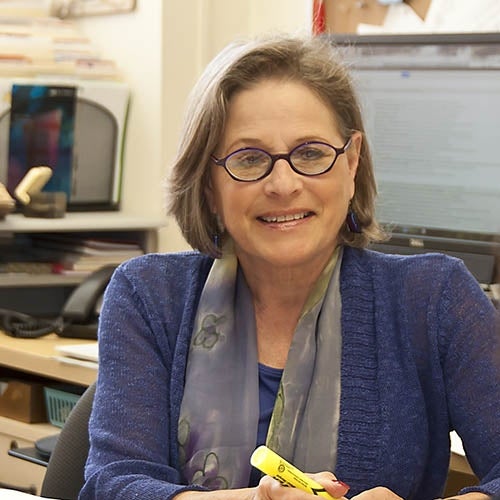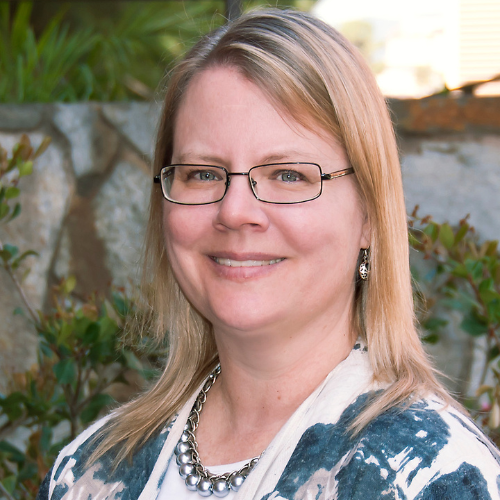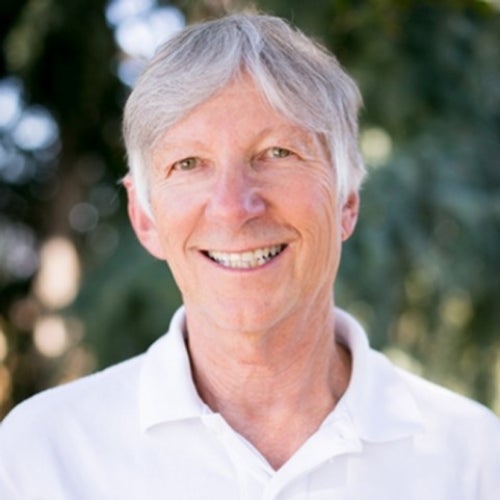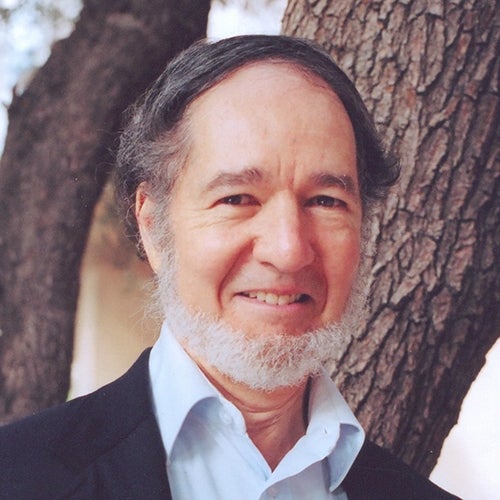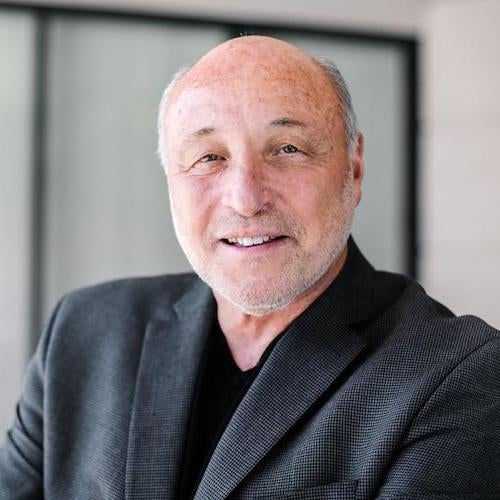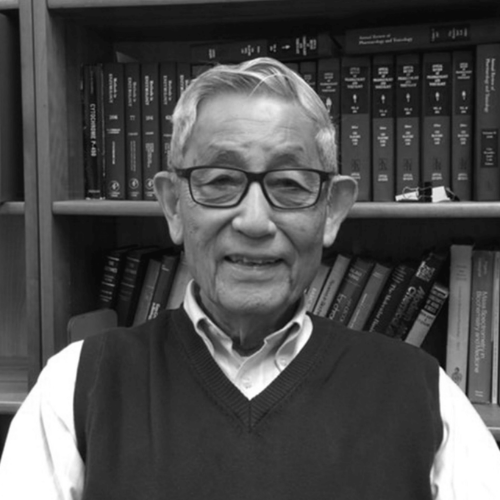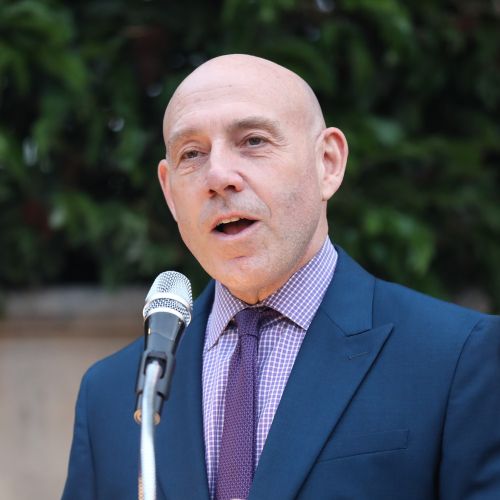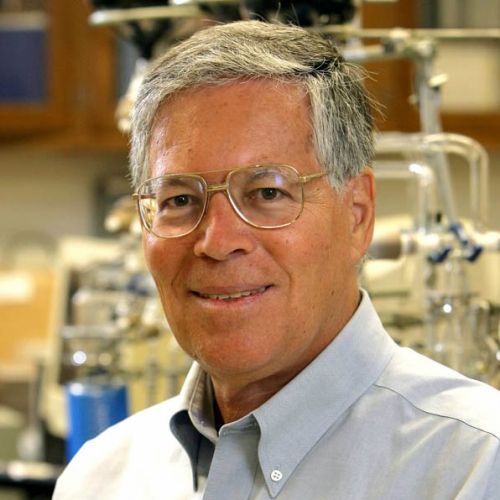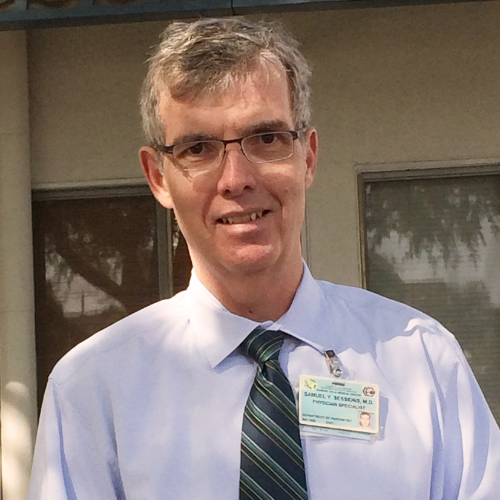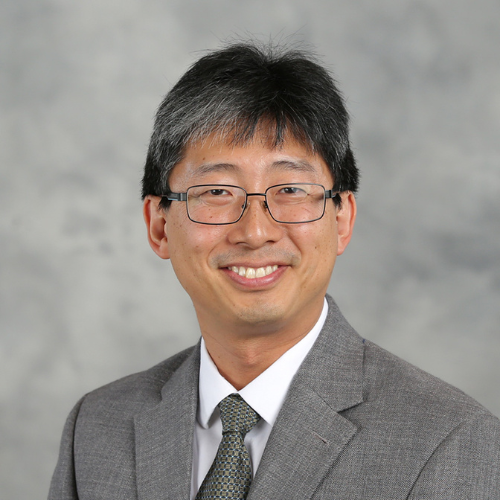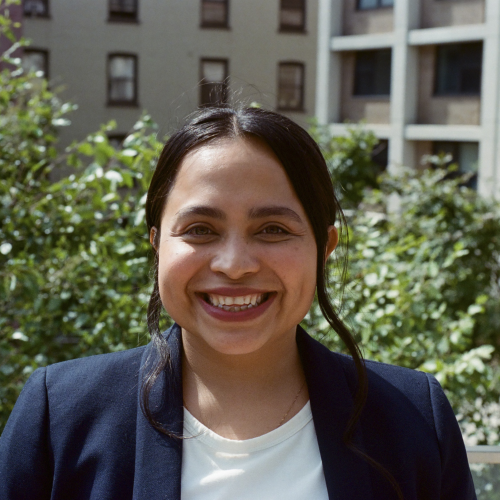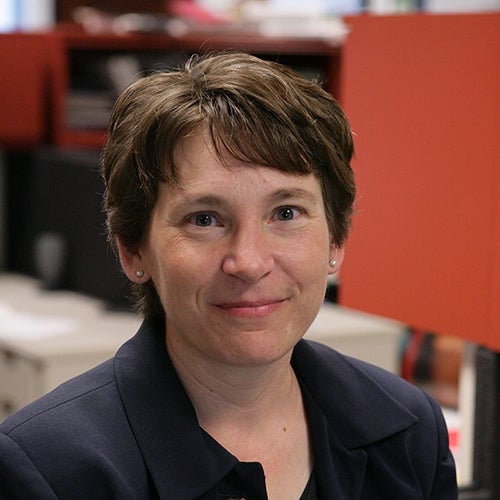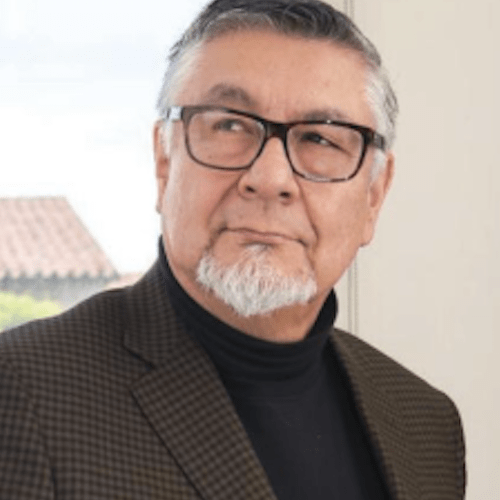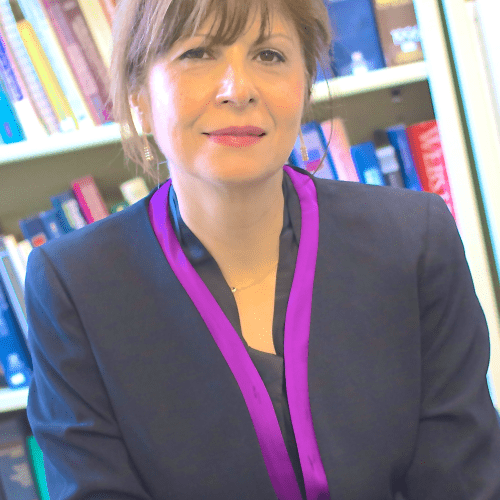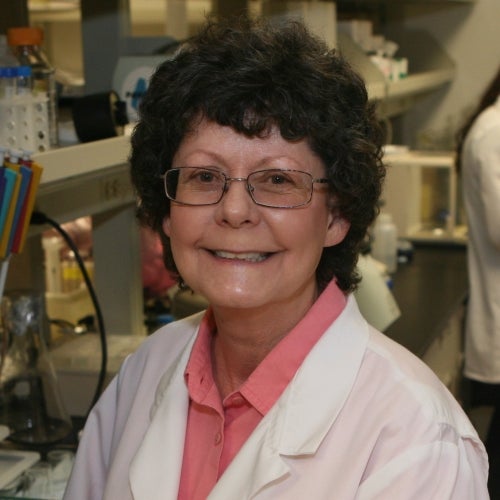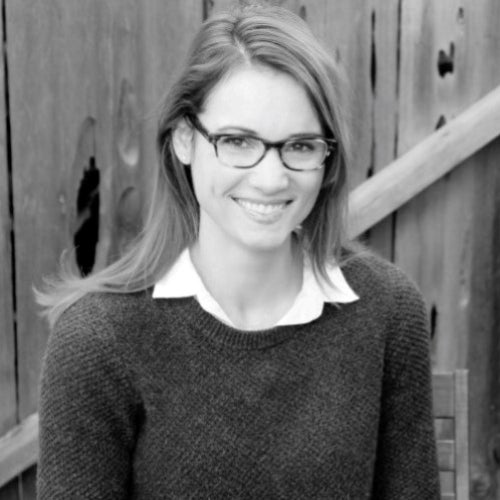A History of Impact: 2010s - 2020s
The UCLA Fielding School of Public Health has been working to build a healthier future for more than six decades. The examples that follow, interspersed throughout this section, are just a few of the many ways.
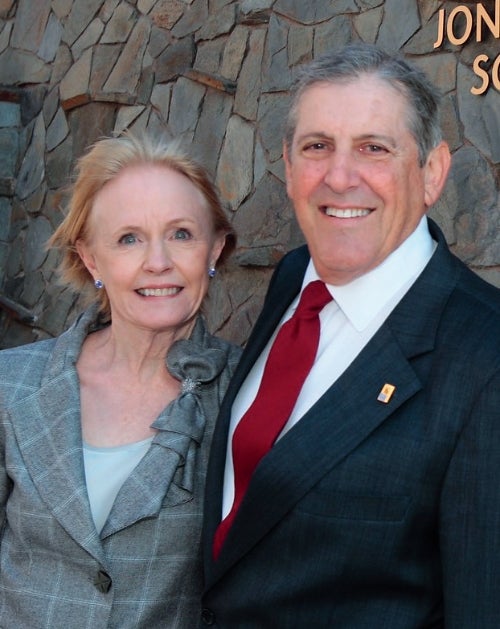 By 2012, Dr. Jonathan Fielding had been an active member of the school’s faculty for more than 30 years and was one of the most influential leaders in public health — both in Los Angeles, where he was near the end of a 16-year stint as founding director of the L.A. County Department of Public Health, and nationally. On Feb. 16, 2012, Jonathan Fielding and his wife Karin Fielding, a philanthropist and prominent public health advocate, announced that they, along with their sons Andrew and Preston, were establishing a $50 million endowment for the newly renamed UCLA Jonathan and Karin Fielding School of Public Health. The gift, the largest single donation in the school’s history, will benefit generations of FSPH students and faculty. “Karin and I think of our financial contribution less as a gift than an investment,” Jonathan Fielding said at a ceremony celebrating the donation. “We fully expect a high rate of return.
By 2012, Dr. Jonathan Fielding had been an active member of the school’s faculty for more than 30 years and was one of the most influential leaders in public health — both in Los Angeles, where he was near the end of a 16-year stint as founding director of the L.A. County Department of Public Health, and nationally. On Feb. 16, 2012, Jonathan Fielding and his wife Karin Fielding, a philanthropist and prominent public health advocate, announced that they, along with their sons Andrew and Preston, were establishing a $50 million endowment for the newly renamed UCLA Jonathan and Karin Fielding School of Public Health. The gift, the largest single donation in the school’s history, will benefit generations of FSPH students and faculty. “Karin and I think of our financial contribution less as a gift than an investment,” Jonathan Fielding said at a ceremony celebrating the donation. “We fully expect a high rate of return.
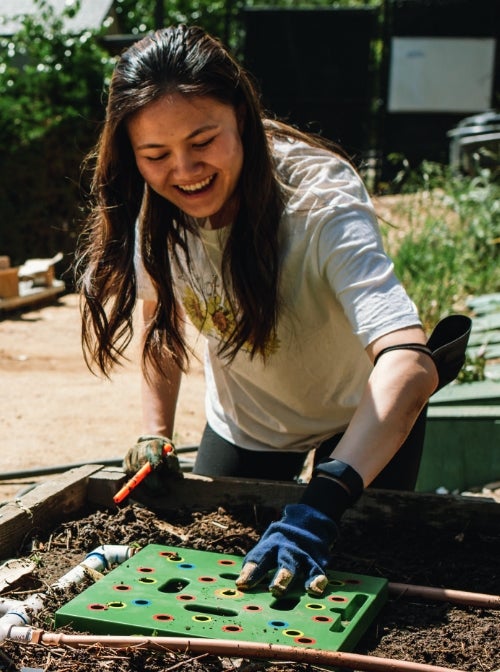 After a 2014 Food Summit at UCLA, led by the Semel Healthy Campus Initiative Center at UCLA, the Food Studies Graduate Certificate Program was established. Based in UCLA Fielding’s Department of Community Health Sciences but open to all UCLA graduate students, the program draws students from wide-ranging disciplines who address complex topics that include nutrition and public health, food policy and food justice, food cultures, and environmental sustainability. An FSPH-taught course at the jane b semel Healthy Campus Initiative Community Garden combines hands-on gardening lessons with education on urban agriculture’s public health benefits. In 2022, UCLA announced creation of the interdisciplinary Rothman Family Institute for Food Studies, which will house the graduate certificate program.
After a 2014 Food Summit at UCLA, led by the Semel Healthy Campus Initiative Center at UCLA, the Food Studies Graduate Certificate Program was established. Based in UCLA Fielding’s Department of Community Health Sciences but open to all UCLA graduate students, the program draws students from wide-ranging disciplines who address complex topics that include nutrition and public health, food policy and food justice, food cultures, and environmental sustainability. An FSPH-taught course at the jane b semel Healthy Campus Initiative Community Garden combines hands-on gardening lessons with education on urban agriculture’s public health benefits. In 2022, UCLA announced creation of the interdisciplinary Rothman Family Institute for Food Studies, which will house the graduate certificate program.
The increasingly interdisciplinary nature of public health provided the impetus for PH 200A and 200B, a course now taken by all MPH students in their first two quarters at FSPH. Designed by an interdepartmental faculty team, the course presents an introduction to the foundations of public health from an integrated perspective, in which faculty from each of the school’s five departments teach on the same public health issue, and students from each department work together to address them.
On Feb. 10, 2020, at a time of great uncertainty as the U.S. confirmed its 13th case of an individual infected by SARS-CoV-2, UCLA Fielding hosted one of the first university events on COVID-19, the symposium “What Do We Know and What’s Next?” Speakers at the high-profile event included faculty from FSPH, the David Geffen School of Medicine at UCLA, the UCLA School of Law, and the UCLA Center for Chinese Studies, as well as students and community members from across campus and far beyond. Shortly after the event, UCLA leadership called on Dean Ron Brookmeyer to head the newly established campuswide COVID-19 Task Force. Since the onset of the COVID-19 pandemic, many FSPH faculty have provided critical context to journalists — with more than 16,000 media mentions in 2020 alone — as well as participating in community forums and consulting with government officials and private-sector and nonprofit companies.
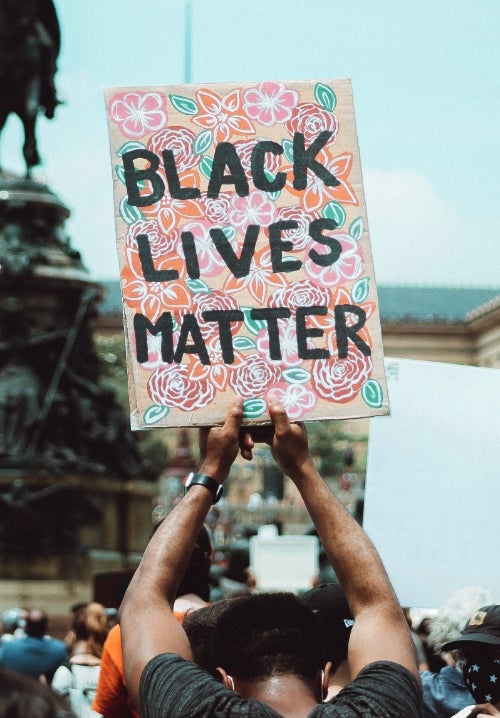 As the COVID-19 pandemic unfolded, it was clear that societal inequities resulting from structural racism and other factors would be magnified by the crisis. In March 2020, FSPH’s Center for the Study of Racism, Social Justice & Health, under the lead- ership of its founding director, Dr. Chandra Ford, UCLA Fielding adjunct professor of community health sciences, formed the COVID-19 Task Force on Racism & Equity. Among other efforts, the interdisciplinary, interinstitutional collaboration held virtual focus groups and analyzed social media data to capture the experiences of racial and ethnic minorities with the pandemic.
As the COVID-19 pandemic unfolded, it was clear that societal inequities resulting from structural racism and other factors would be magnified by the crisis. In March 2020, FSPH’s Center for the Study of Racism, Social Justice & Health, under the lead- ership of its founding director, Dr. Chandra Ford, UCLA Fielding adjunct professor of community health sciences, formed the COVID-19 Task Force on Racism & Equity. Among other efforts, the interdisciplinary, interinstitutional collaboration held virtual focus groups and analyzed social media data to capture the experiences of racial and ethnic minorities with the pandemic.
Using data from its California Health Interview Survey, the FSPH-based UCLA Center for Health Policy Research created dashboards to track COVID-19 and various risk factors — including chronic diseases and underlying conditions, insurance status, and food insecurity — organized by California county. By illuminating COVID-19 occurrences and vulnerabilities, these tools helped to inform health and economic support policies across California communities.
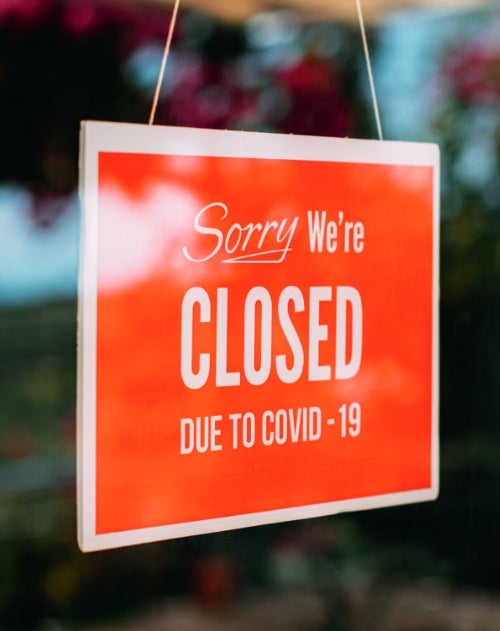 In the early months of COVID-19, restrictions of activities, along with economic and other forms of distress, contributed to behaviors with health implications beyond those directly resulting from the virus, according to a study led by Dr. Liwei Chen, FSPH professor of epidemiology, and Dr. Jian Li, professor of environmental health sciences and epidemiology. Analyzing results from a survey of U.S. adults taken in October 2020, they reported that compared with pre-pandemic habits, exercise time was down 31% while screen time increased 60%, alcohol consumption went up 23%, and cigarette smoking was up 9%.
In the early months of COVID-19, restrictions of activities, along with economic and other forms of distress, contributed to behaviors with health implications beyond those directly resulting from the virus, according to a study led by Dr. Liwei Chen, FSPH professor of epidemiology, and Dr. Jian Li, professor of environmental health sciences and epidemiology. Analyzing results from a survey of U.S. adults taken in October 2020, they reported that compared with pre-pandemic habits, exercise time was down 31% while screen time increased 60%, alcohol consumption went up 23%, and cigarette smoking was up 9%.
Established in 2001, the California Health Interview Survey (CHIS) has become an indispensable tool for policymakers, researchers, advocates, members of the media, and others. Based in FSPH’s UCLA Center for Health Policy Research, it is the nation’s largest state health survey and a key source for credible and comprehensive data on the health and health needs of Californians as a whole and the state’s many racial and ethnic groups. The value of the survey was reinforced with the onset of the COVID-19 pandemic, when monthly CHIS estimates were issued for questions on COVID-19 treatment, vaccine status, risk reduction behaviors, and personal and financial impacts from the pandemic. To capture the rich diversity of California’s population, CHIS interviews are conducted in six languages: English, Spanish, Chinese (Mandarin and Cantonese dialect), Vietnamese, Korean, and Tagalog.
When Frederick J. Angulo (PhD ’95) retired from a 26-year career at the U.S. Centers for Disease Control and Prevention, Pfizer Inc. recruited him as a lead epidemiologist, where he supported the company in developing its COVID-19 vaccine. Angulo was part of a Pfizer team providing evidence used to make recommendations on who should get the vaccine, as well as consulting on the scope and choice of the vaccine’s clinical trials.
After volunteering to participate in the Phase 3 clinical trial of the Pfizer-BioNTech COVID-19 vaccine, Dr. Kristen Choi (MS ’18), an FSPH assistant professor who also sees patients as a registered nurse, wrote about the experience as a way of educating healthcare professionals about the vaccine, which was about to be rolled out to the population. Choi went on to become a visible media presence, using the platform to communicate accurate and responsible information on the COVID-19 vaccines.
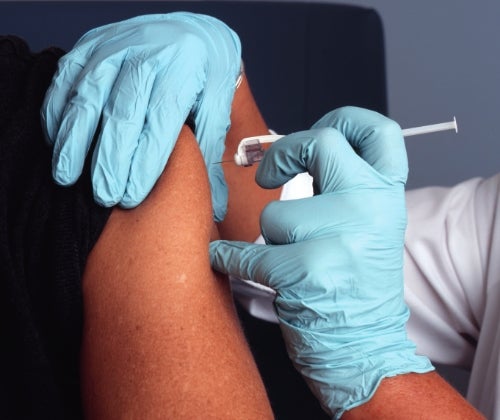 A major concern in the early rollout of COVID-19 vaccines was to get them into the arms of the most vulnerable groups. A group of FSPH students, faculty, and alums led by Dr. Chelsea Shover (PhD ’18) rallied behind efforts to get often overlooked populations immunized, working closely with federally qualified health centers around L.A. County.
A major concern in the early rollout of COVID-19 vaccines was to get them into the arms of the most vulnerable groups. A group of FSPH students, faculty, and alums led by Dr. Chelsea Shover (PhD ’18) rallied behind efforts to get often overlooked populations immunized, working closely with federally qualified health centers around L.A. County.
Continued in A History of Impact: 2020s - Now.
Faculty Referenced in this Article

Professor of Community Health Sciences & Health Policy and Management, and Associate Dean for Research
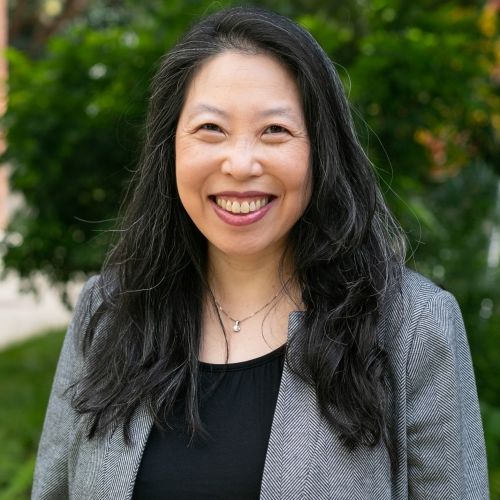
Assistant Dean for Research & Adjunct Associate Professor of Community Health Sciences
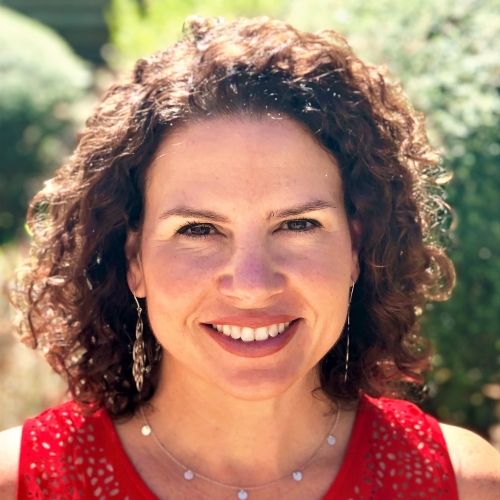
Dr. Joseph Davey is an infectious disease epidemiologist with over 20 years' experience leading research on HIV/STI services for women and children.

Robert J. Kim-Farley, MD, MPH, is a Professor-in-Residence with joint appointments in the Departments of Epidemiology and Community Health Sciences

Professor of Community Health Sciences & Health Policy and Management, and Associate Dean for Research
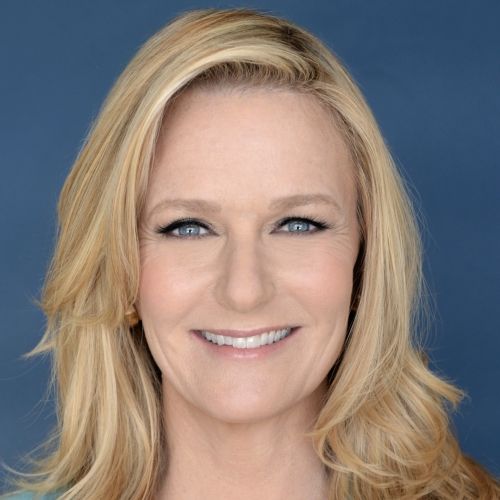
Dr. Anne Rimoin is a Professor of Epidemiology and holds the Gordon–Levin Endowed Chair in Infectious Diseases and Public Health.
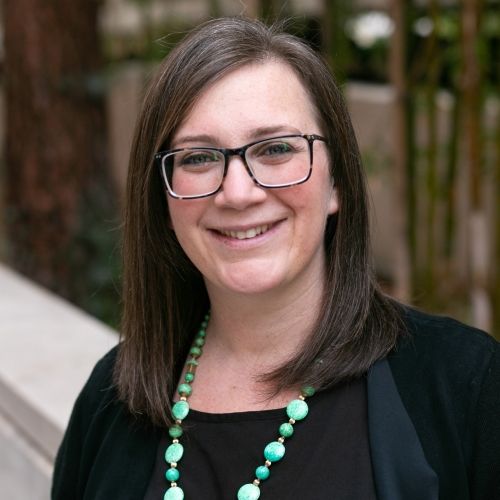
Director of Field Studies and Applied Professional Training

Dr. Anne Rimoin is a Professor of Epidemiology and holds the Gordon–Levin Endowed Chair in Infectious Diseases and Public Health.

Professor of Community Health Sciences & Health Policy and Management, and Associate Dean for Research

Dr. Joseph Davey is an infectious disease epidemiologist with over 20 years' experience leading research on HIV/STI services for women and children.
Nationally recognized health services researcher and sociomedical scientist with 25+ years' experience in effectiveness and implementation research.

EMPH Academic Program Director with expertise in healthcare marketing, finance, and reproductive health policy, teaching in the EMPH, MPH, MHA program

Dr. Michelle S. Keller is a health services researcher whose research focuses on the use and prescribing of high-risk medications.
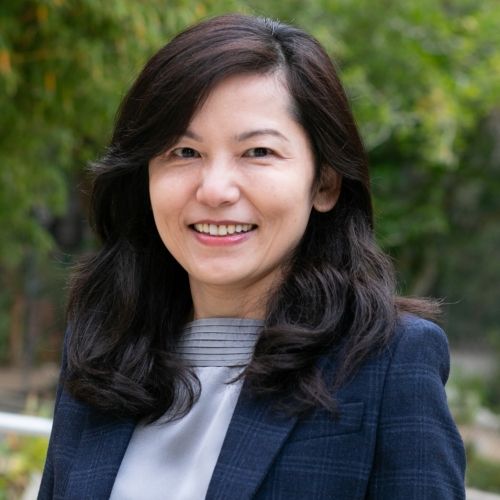
Associate Professor for Industrial Hygiene and Environmental Health Sciences
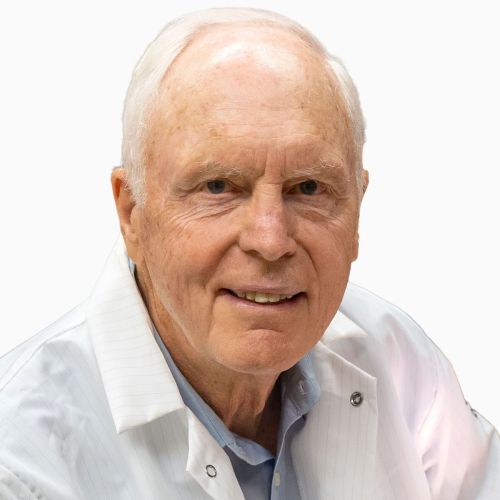
Dr. Hankinson is a Distinguished Professor of Pathology and Laboratory Medicine, and of EHS, and Chair of the Molecular Toxicology IDP

Dr. Ron Andersen is the Wasserman Professor Emeritus in the UCLA Departments of Health Policy and Management.

Robert J. Kim-Farley, MD, MPH, is a Professor-in-Residence with joint appointments in the Departments of Epidemiology and Community Health Sciences
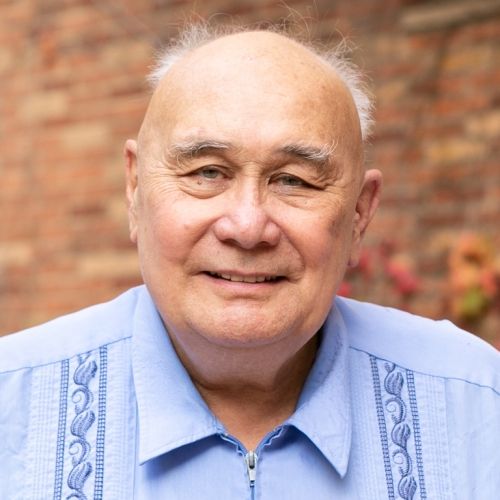
Industrial Hygiene & Analytical Chemistry

